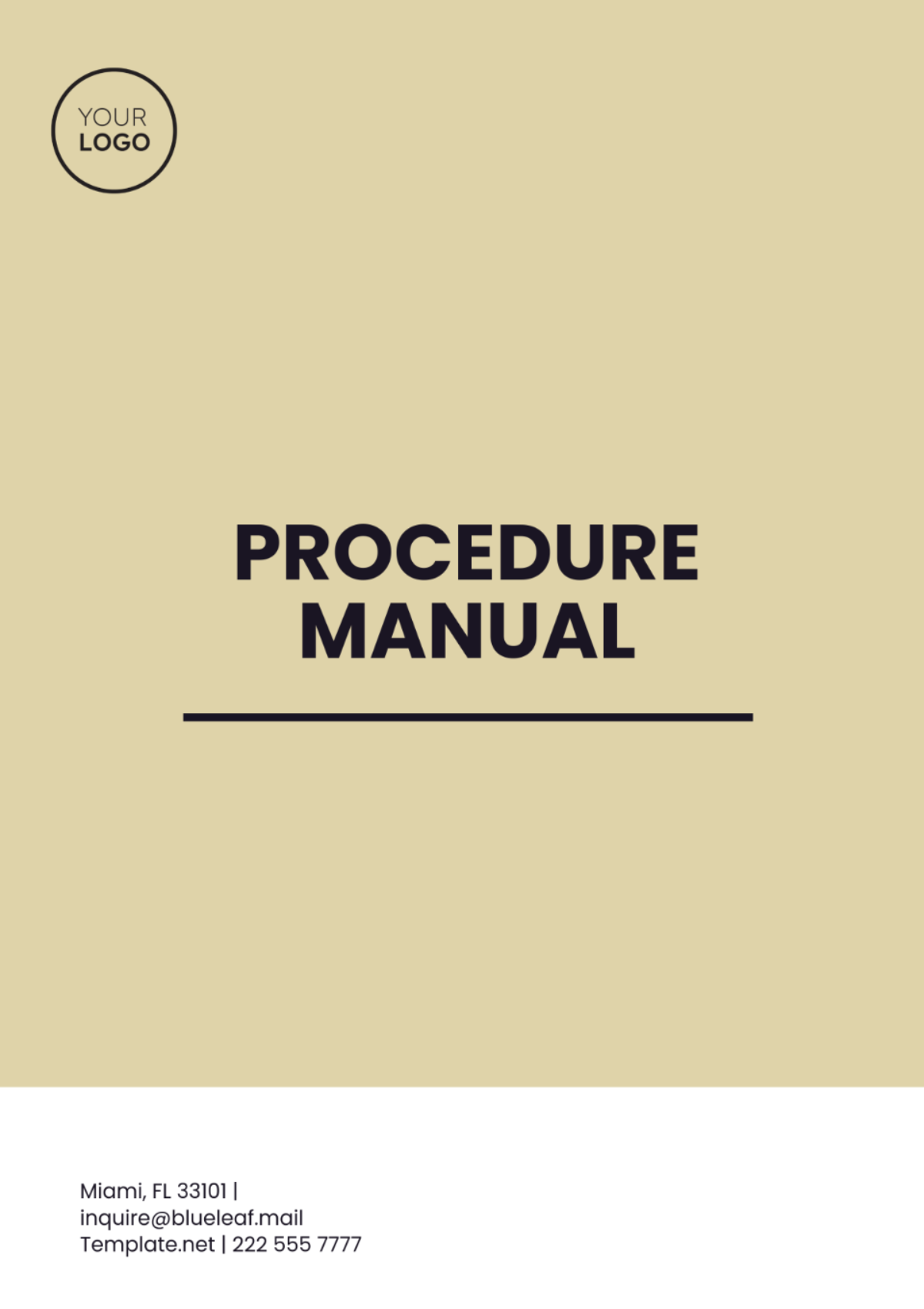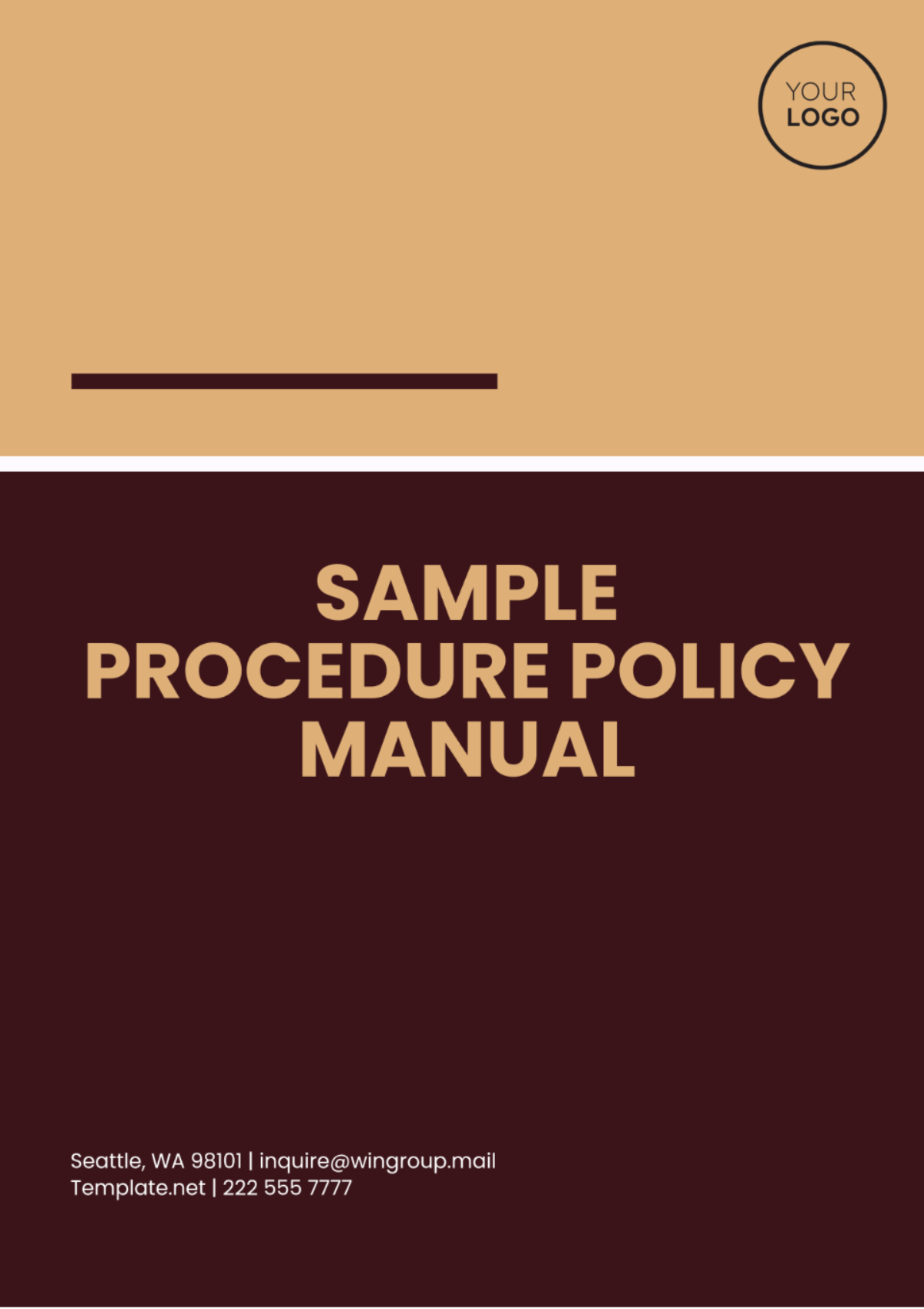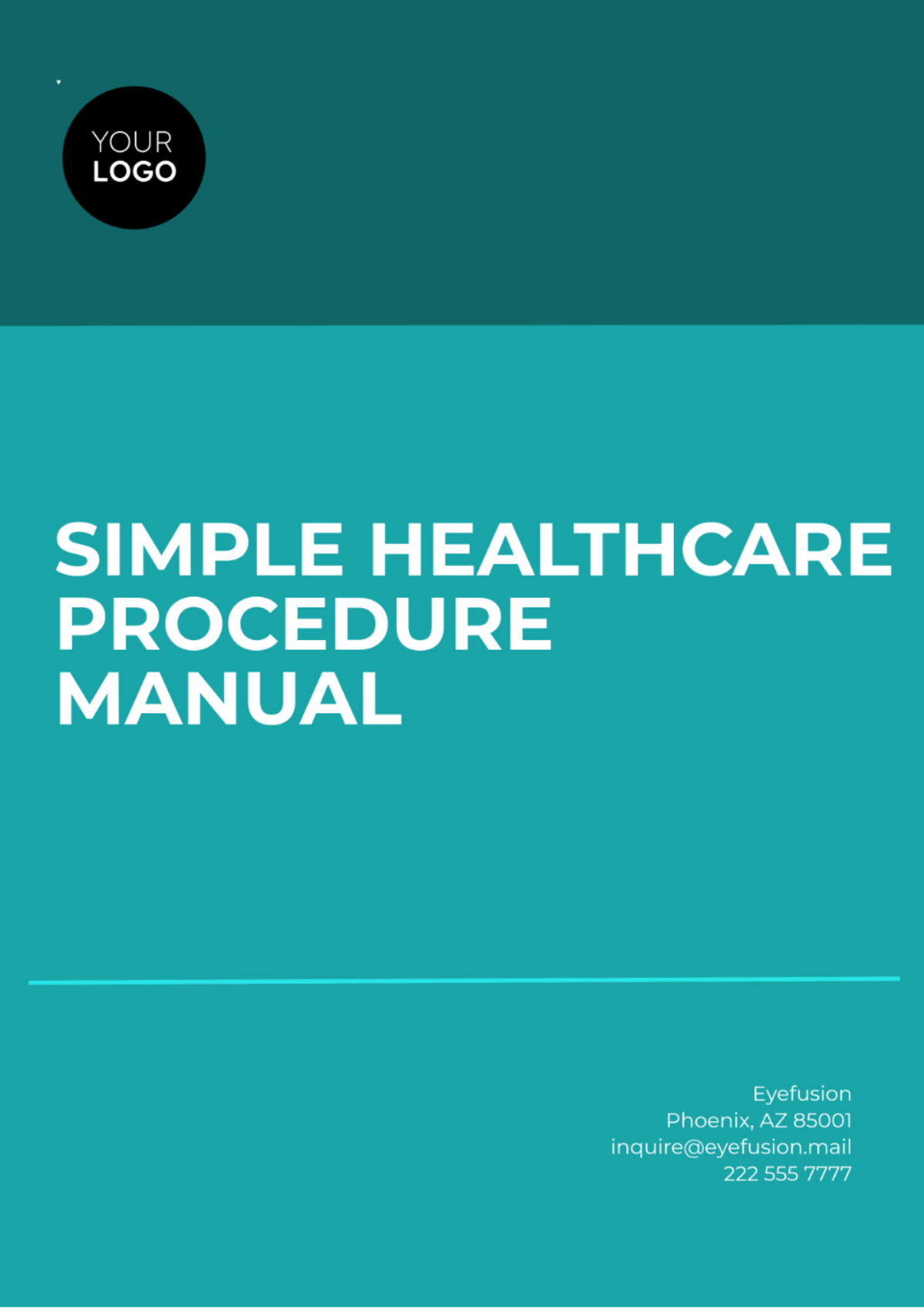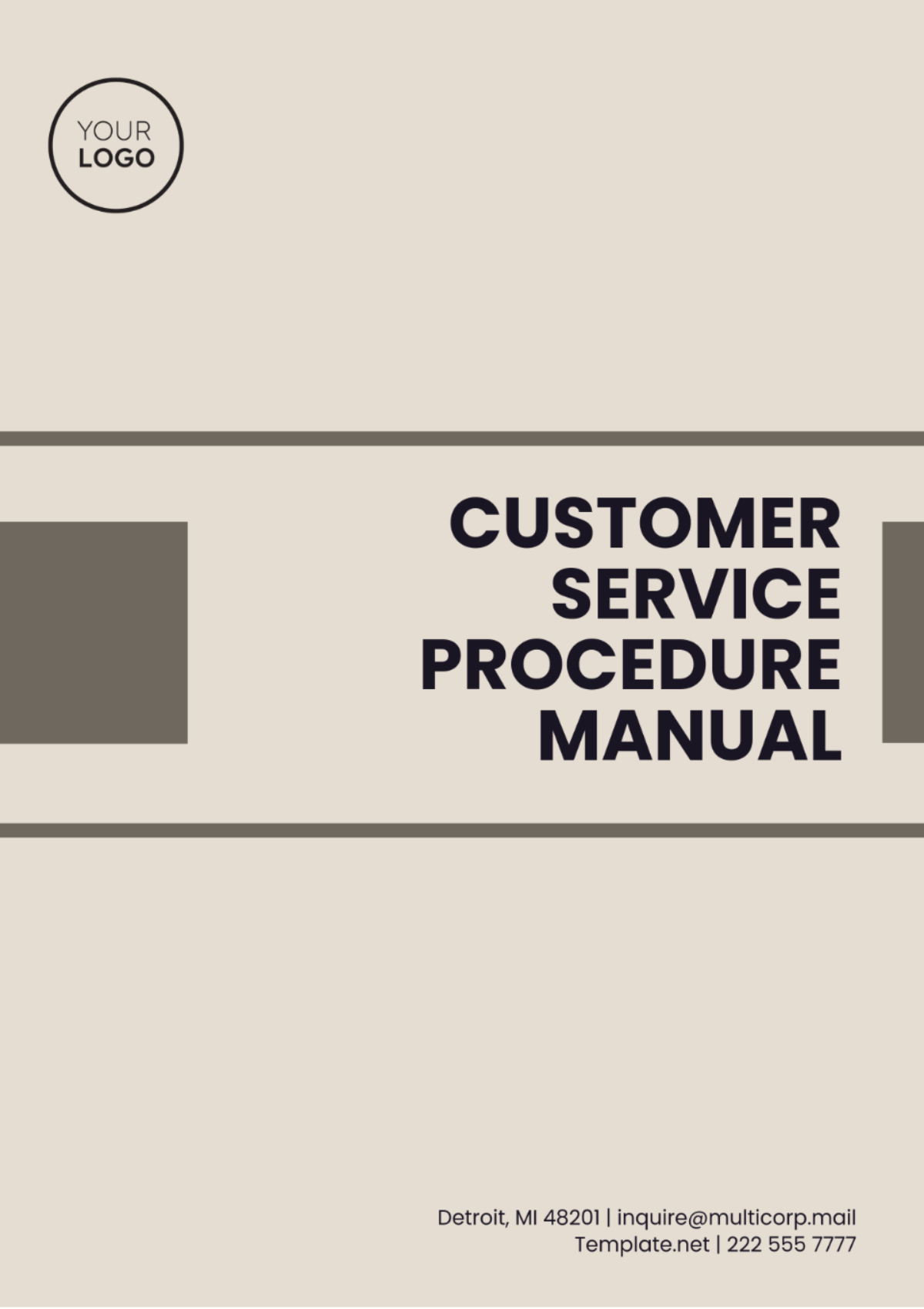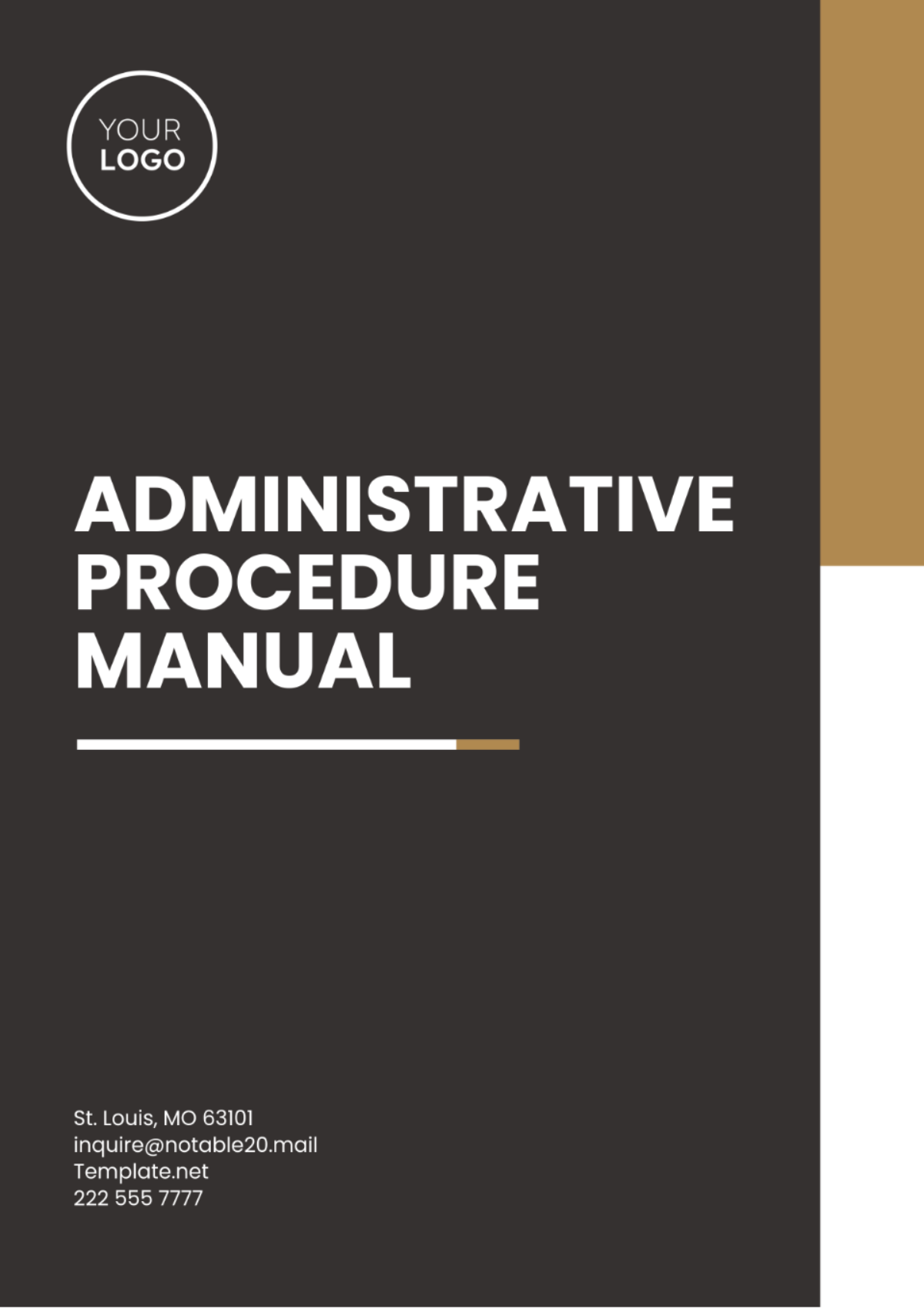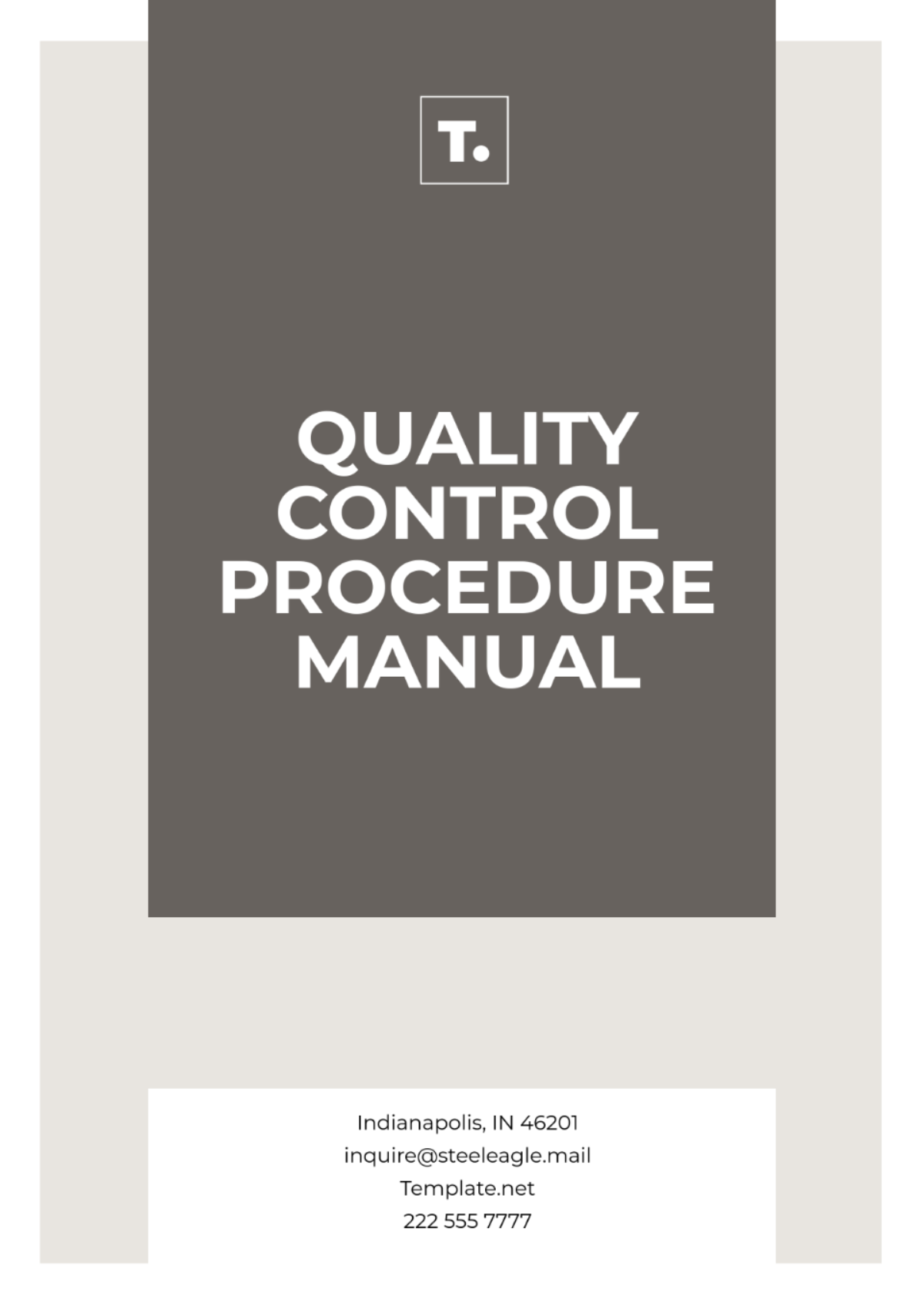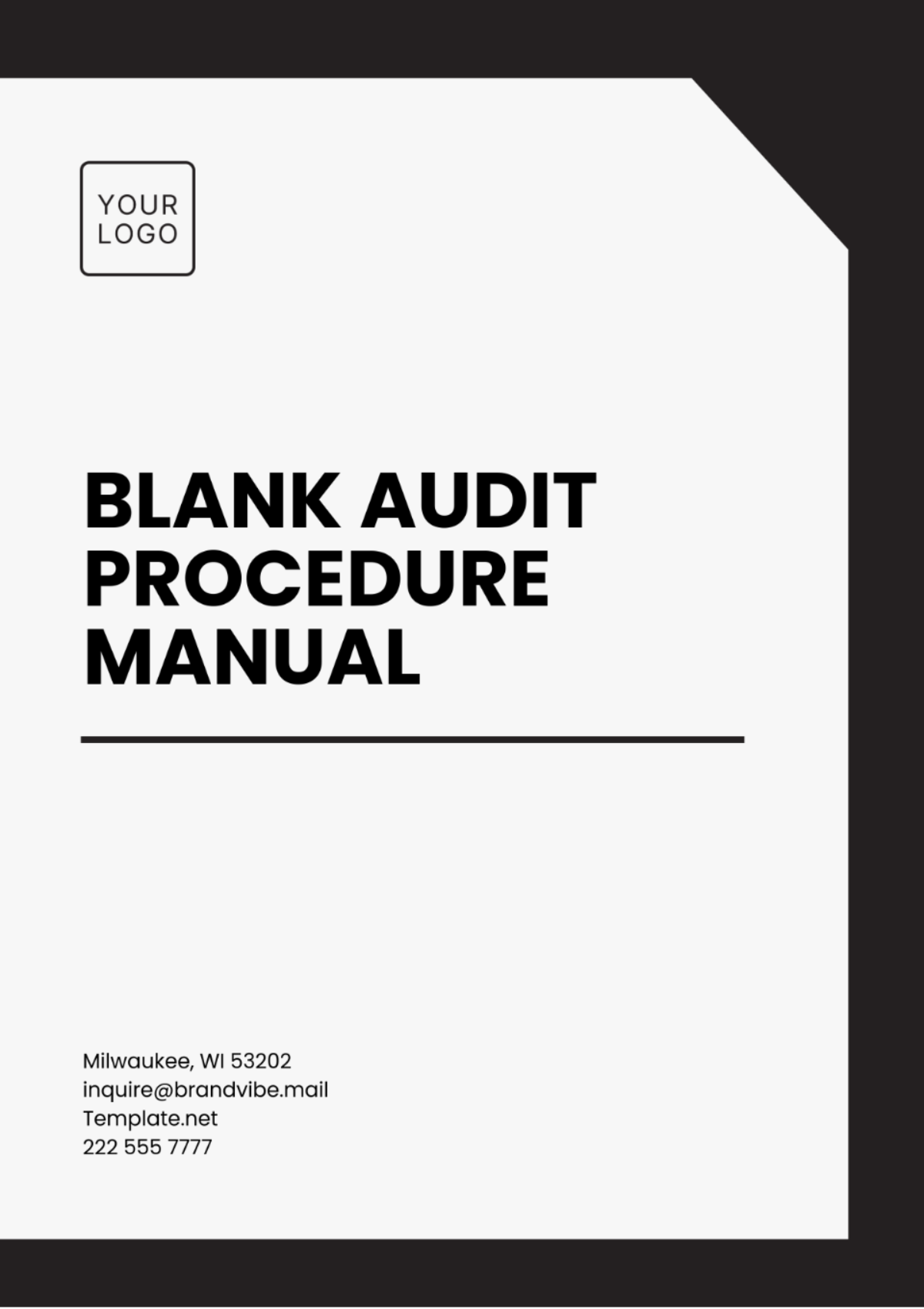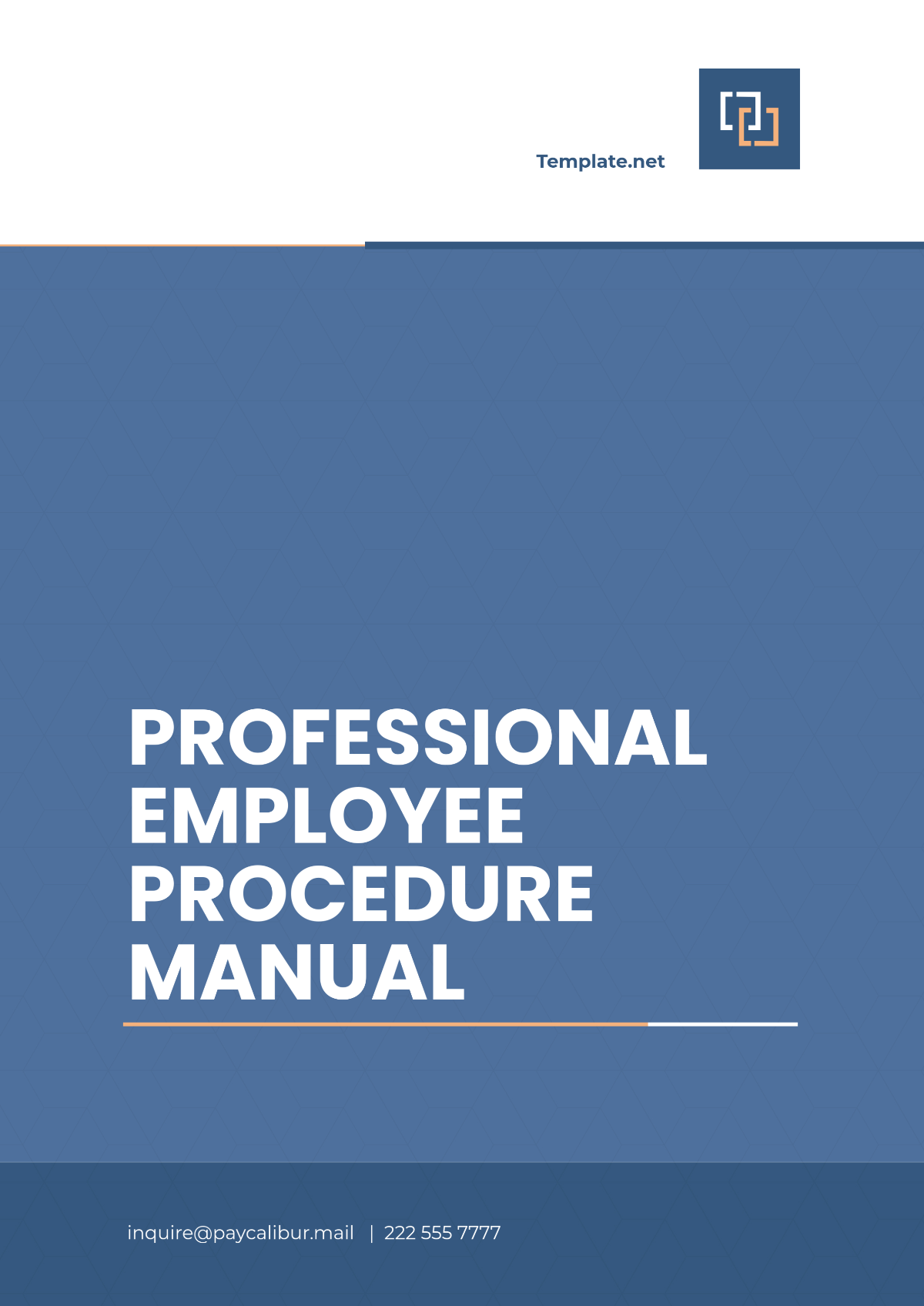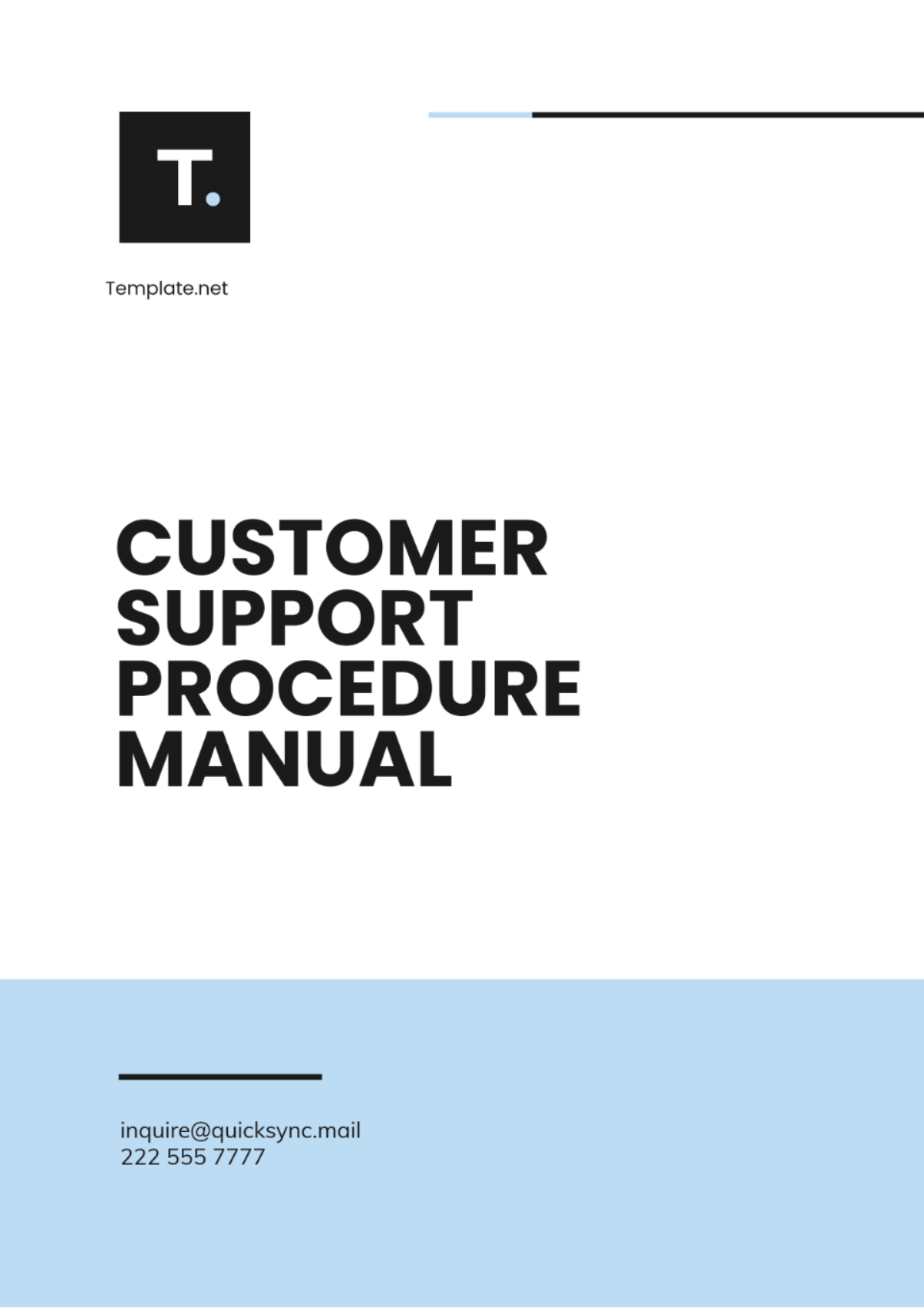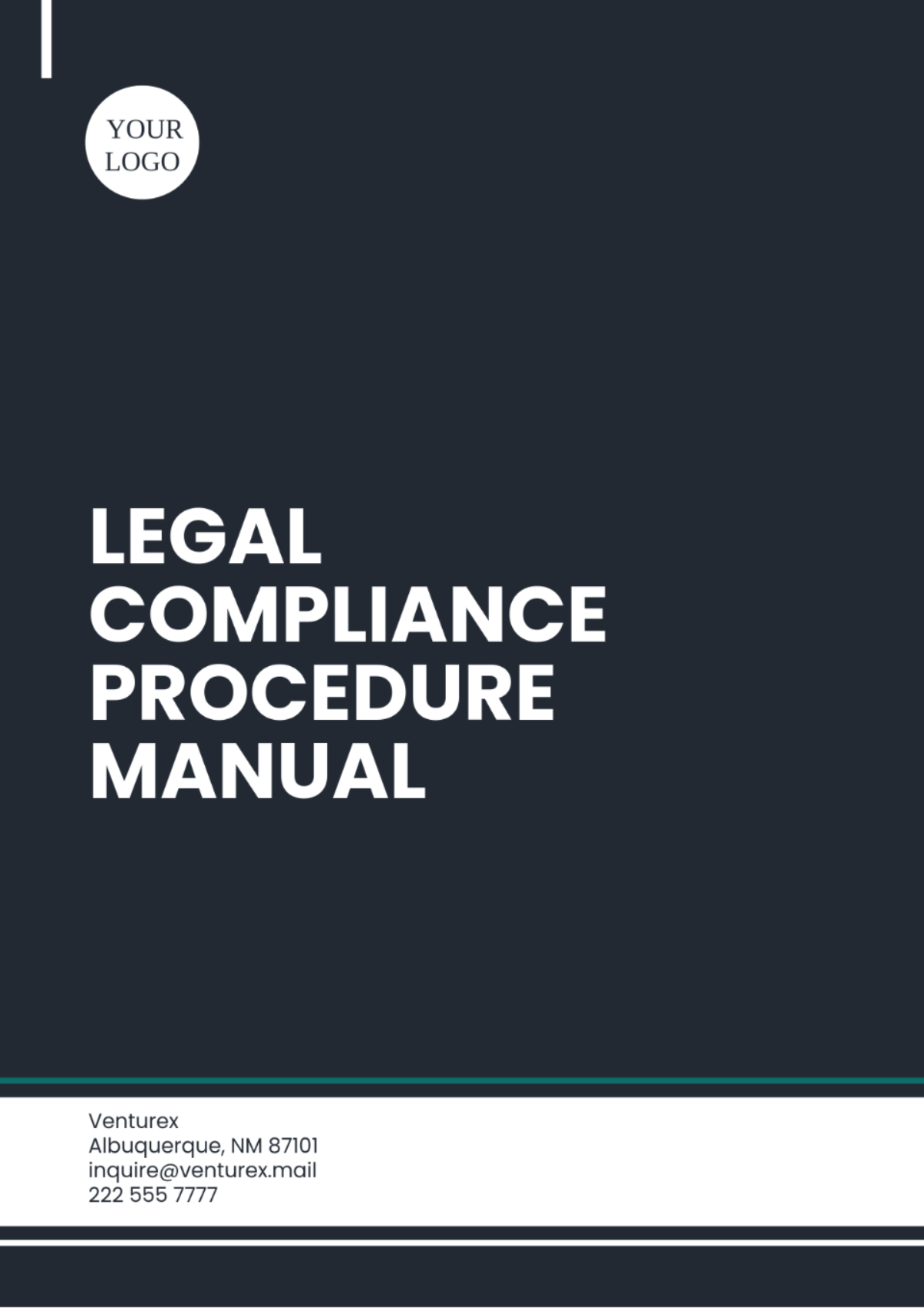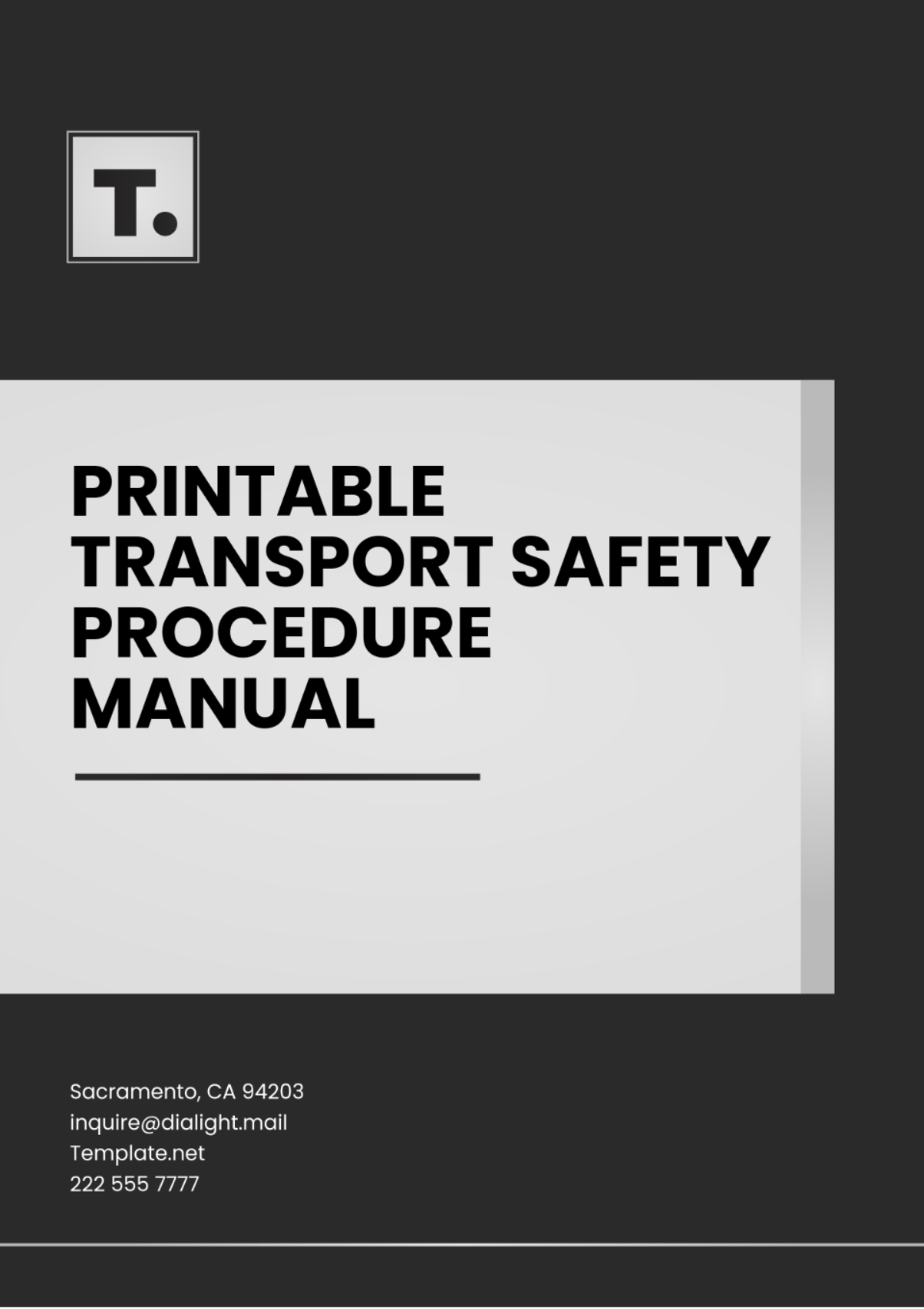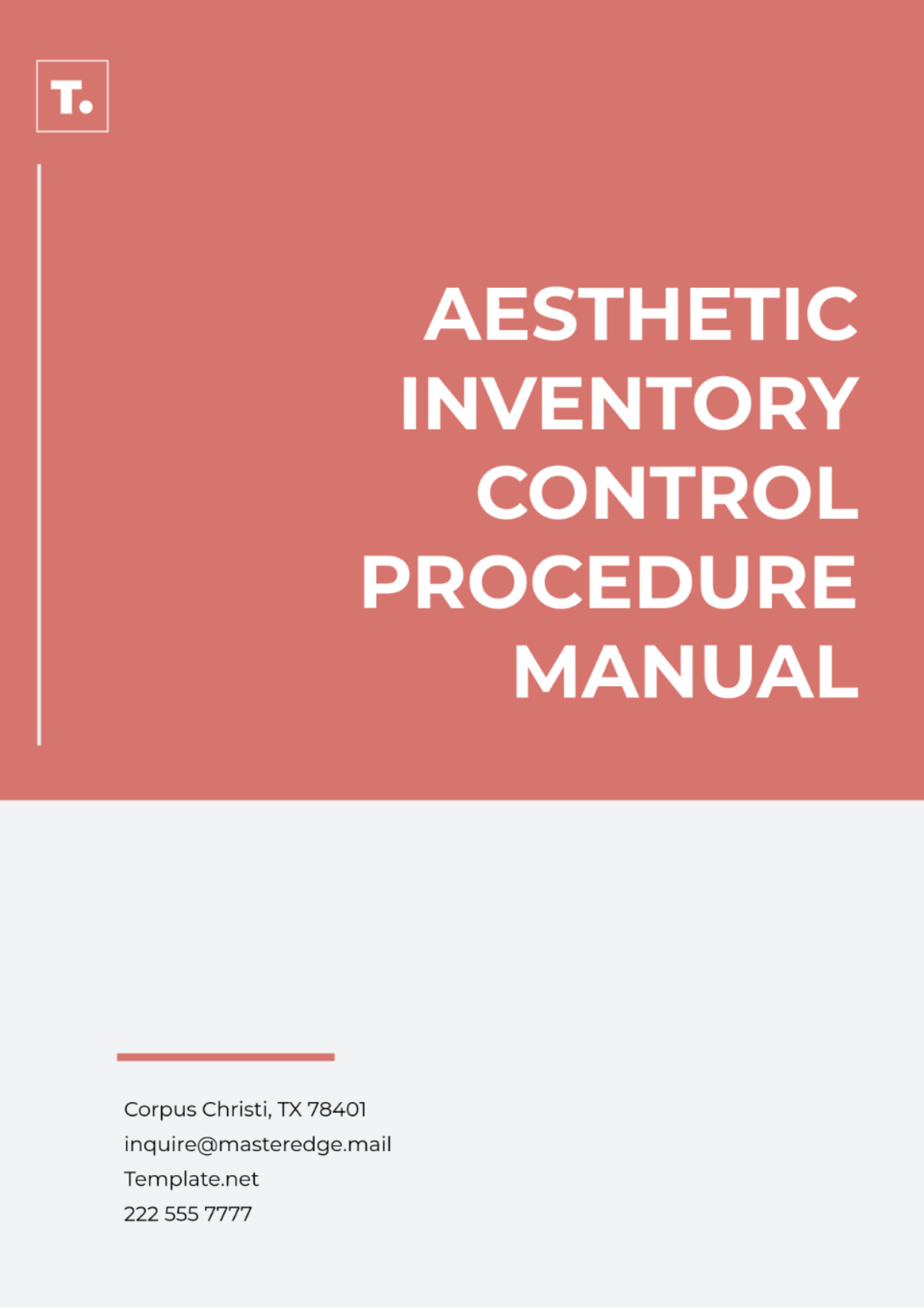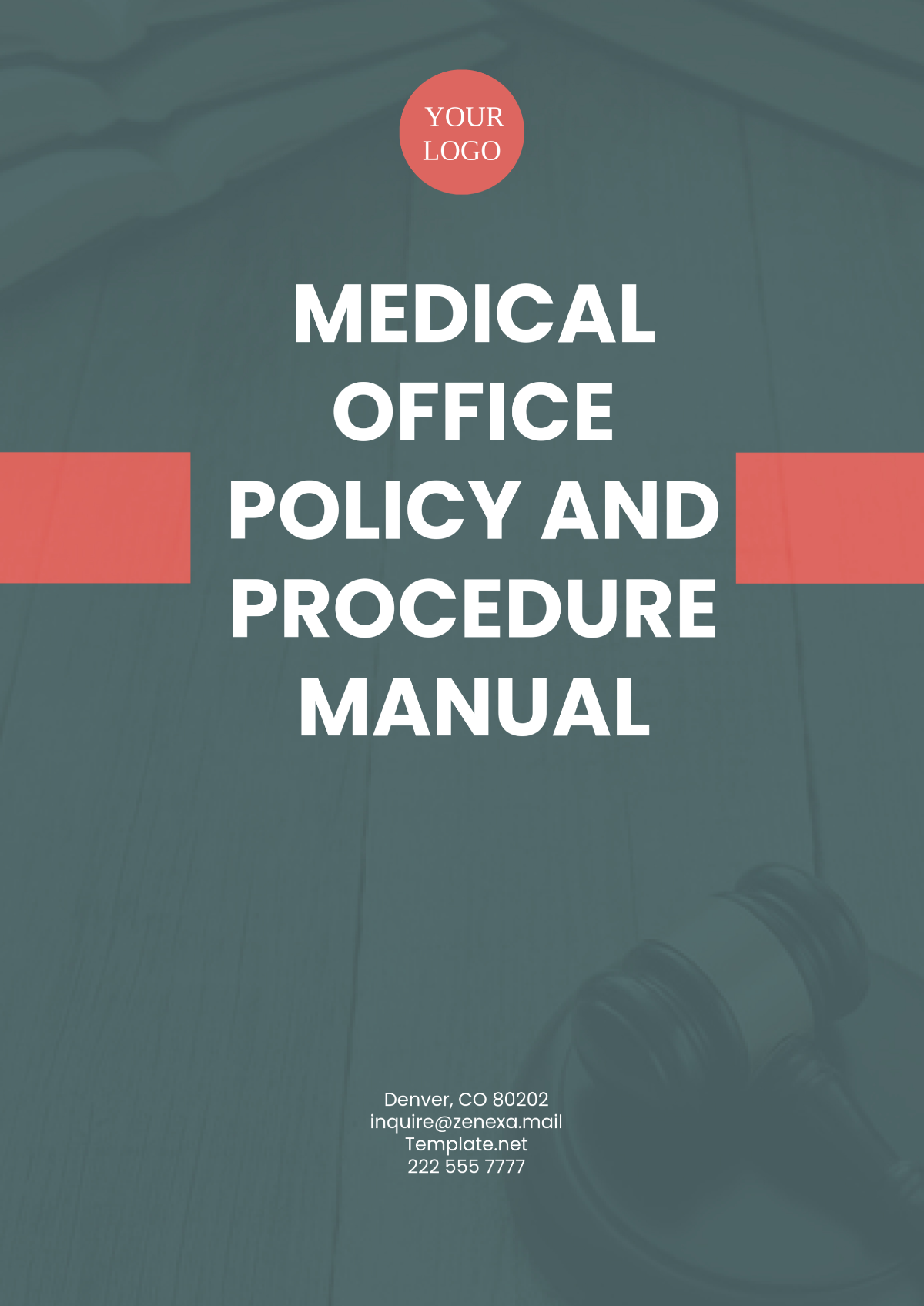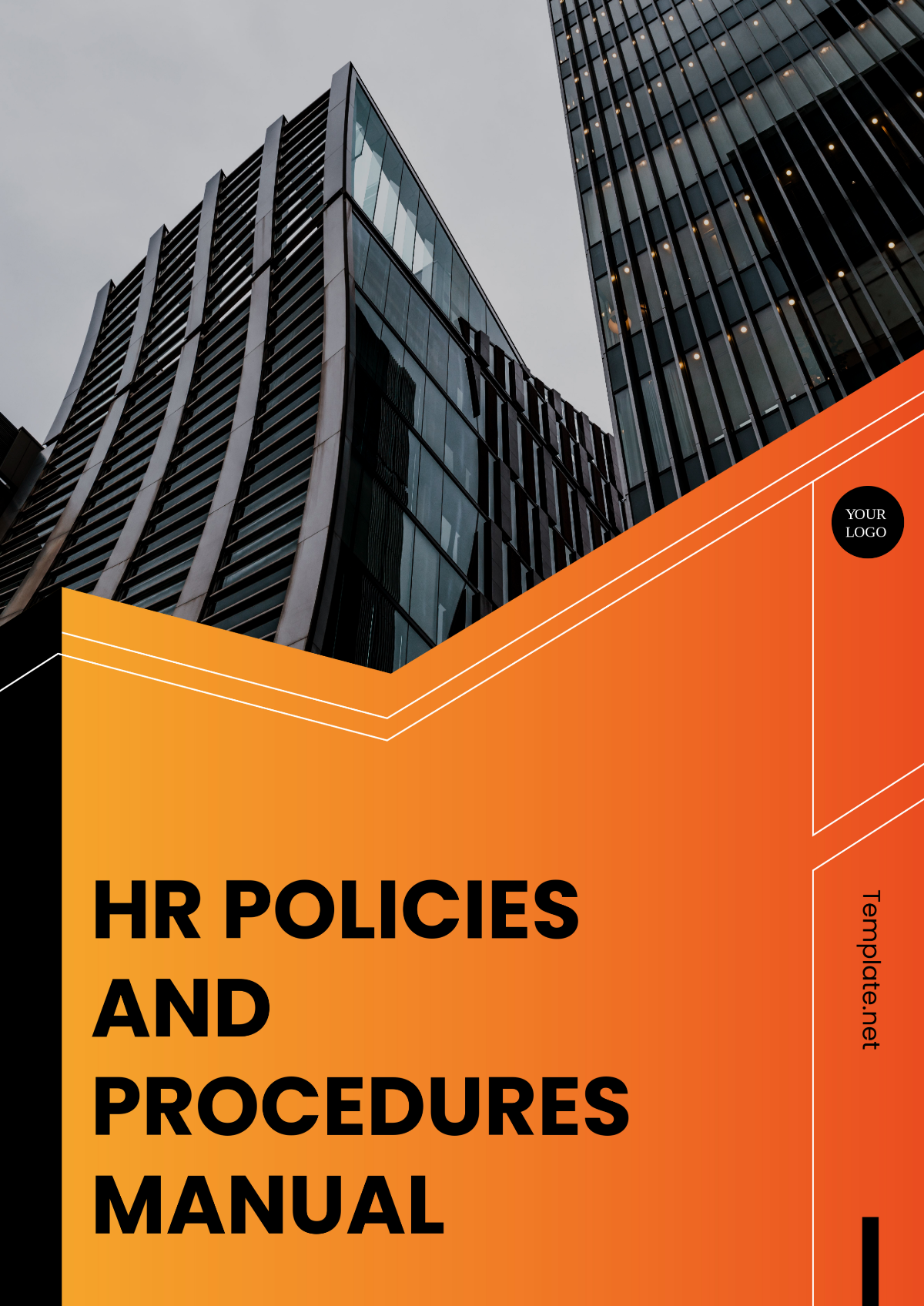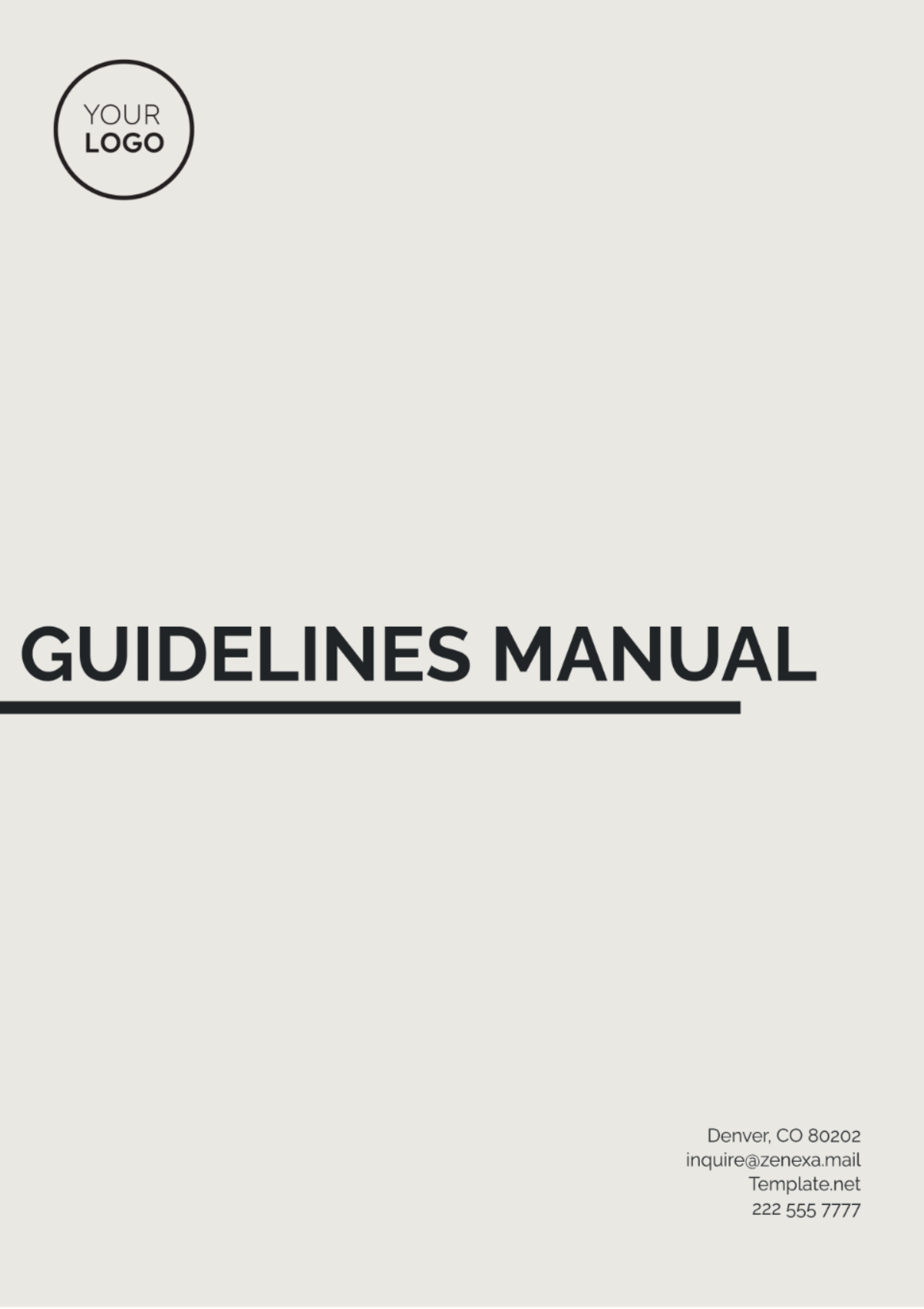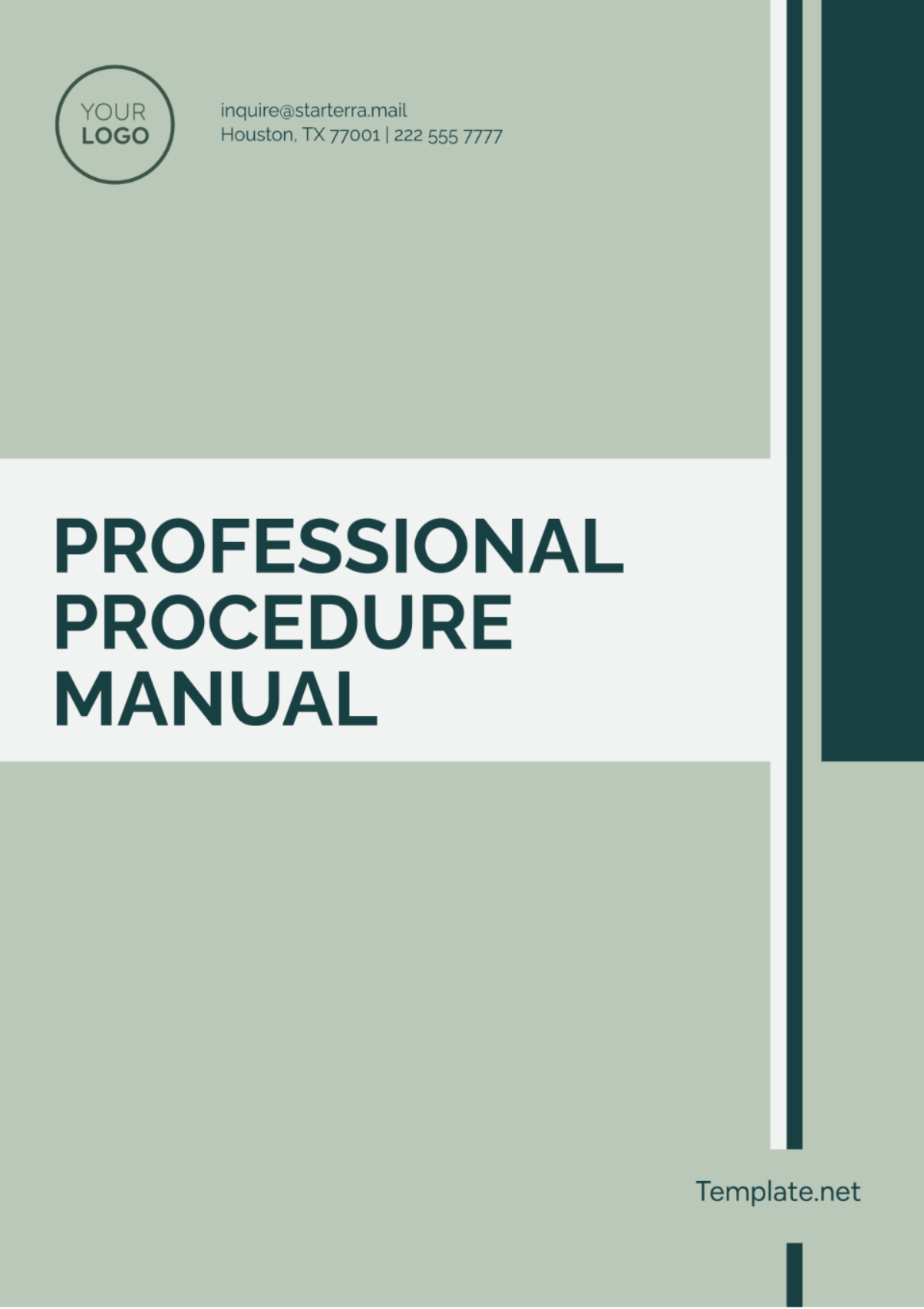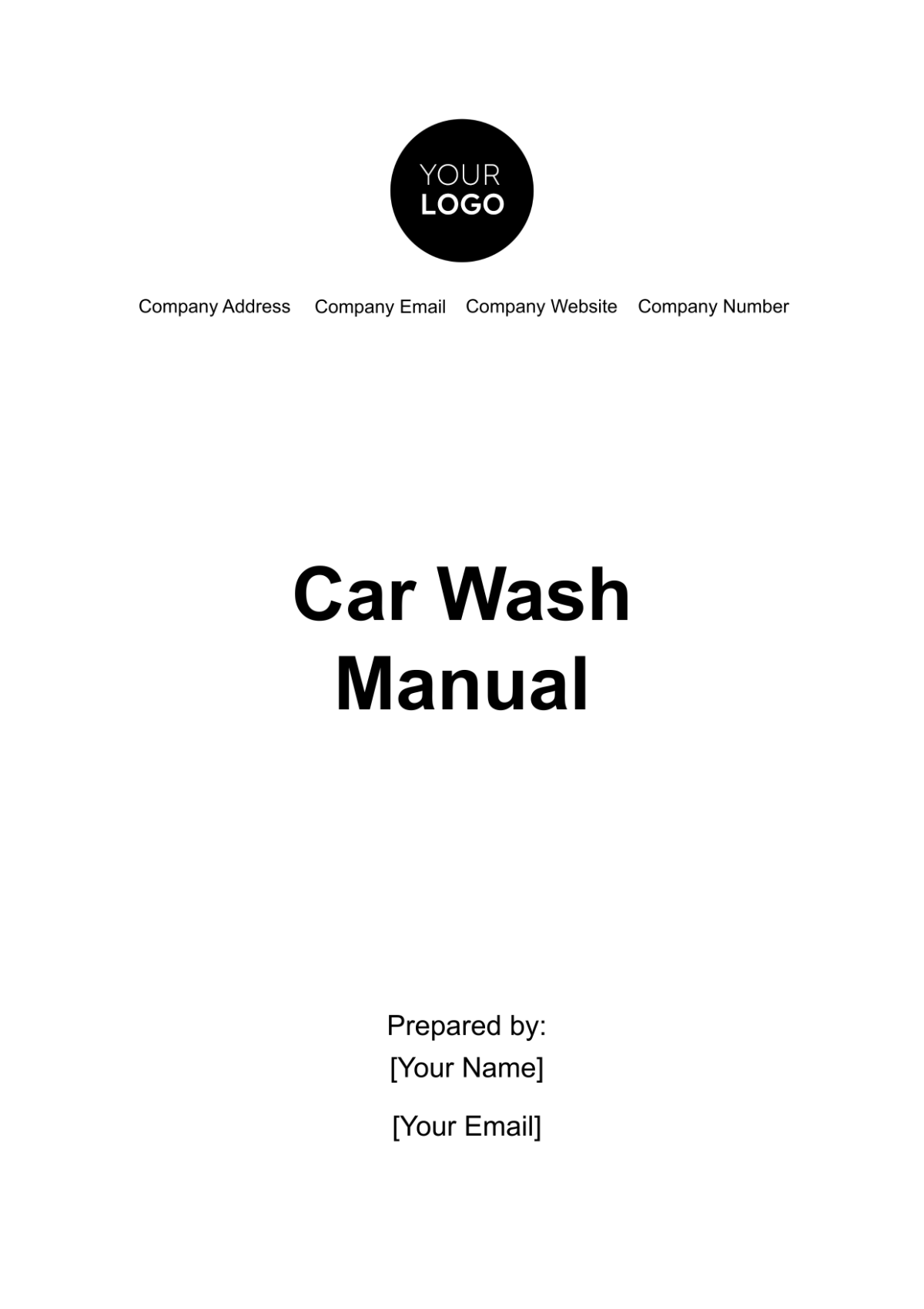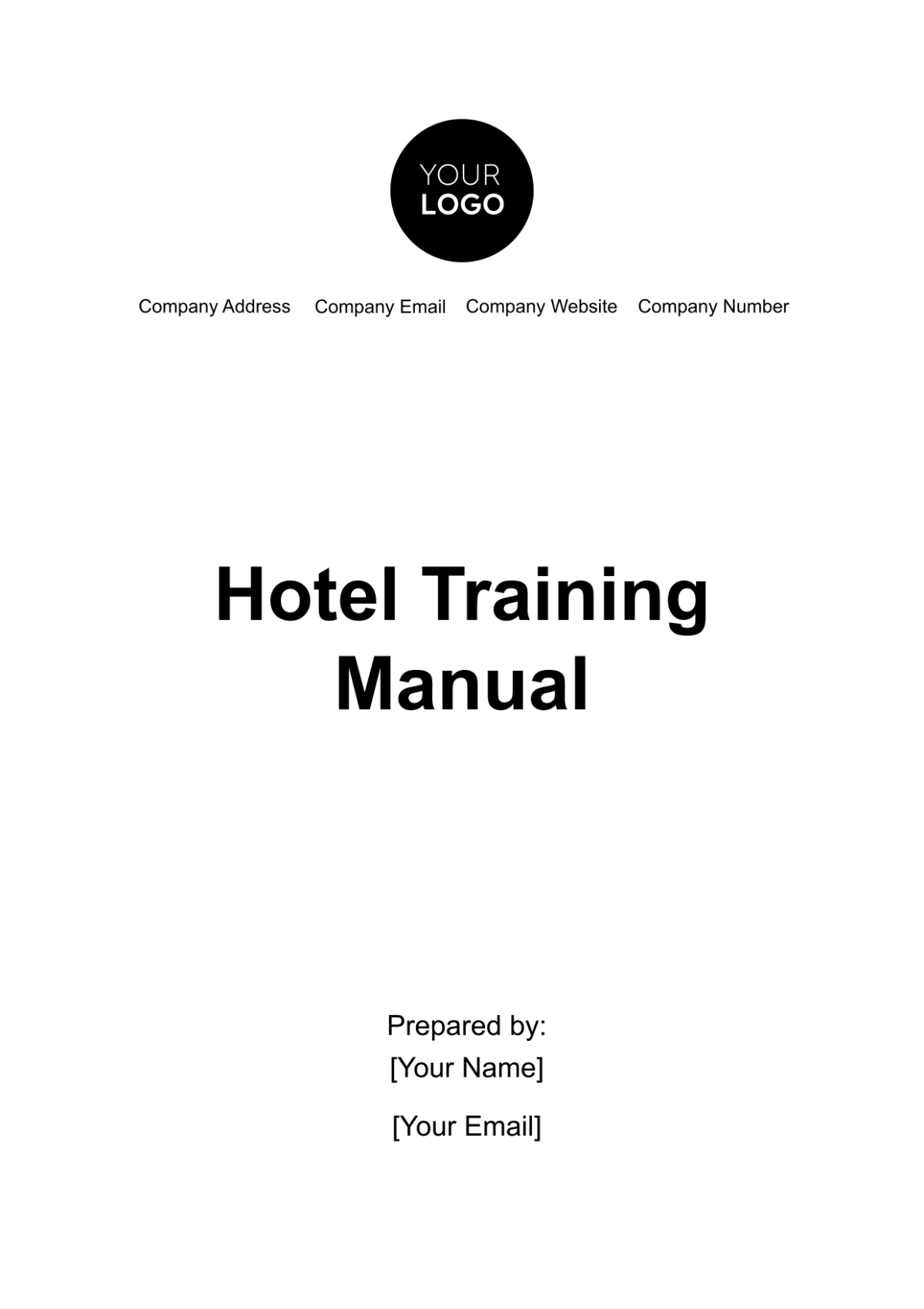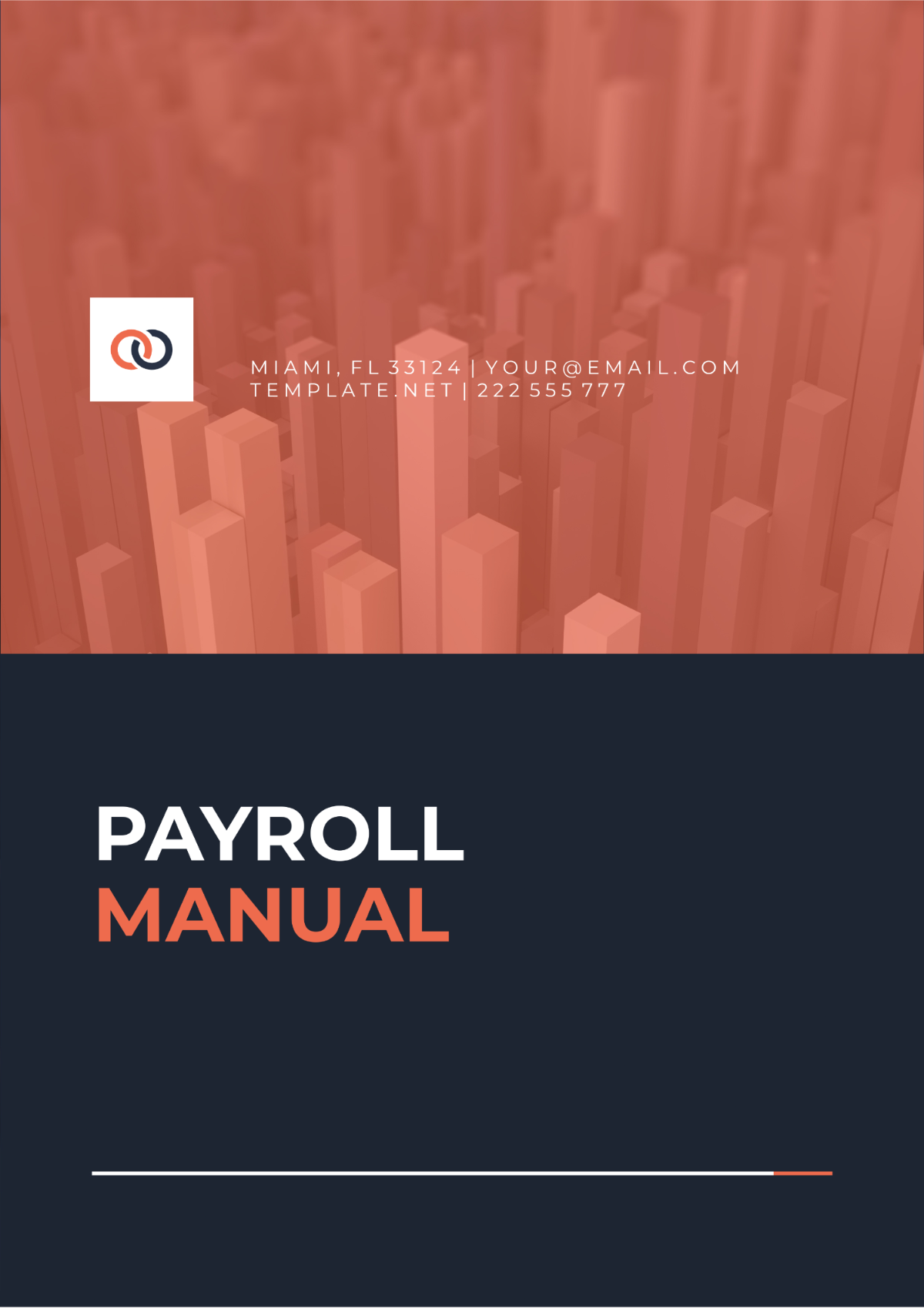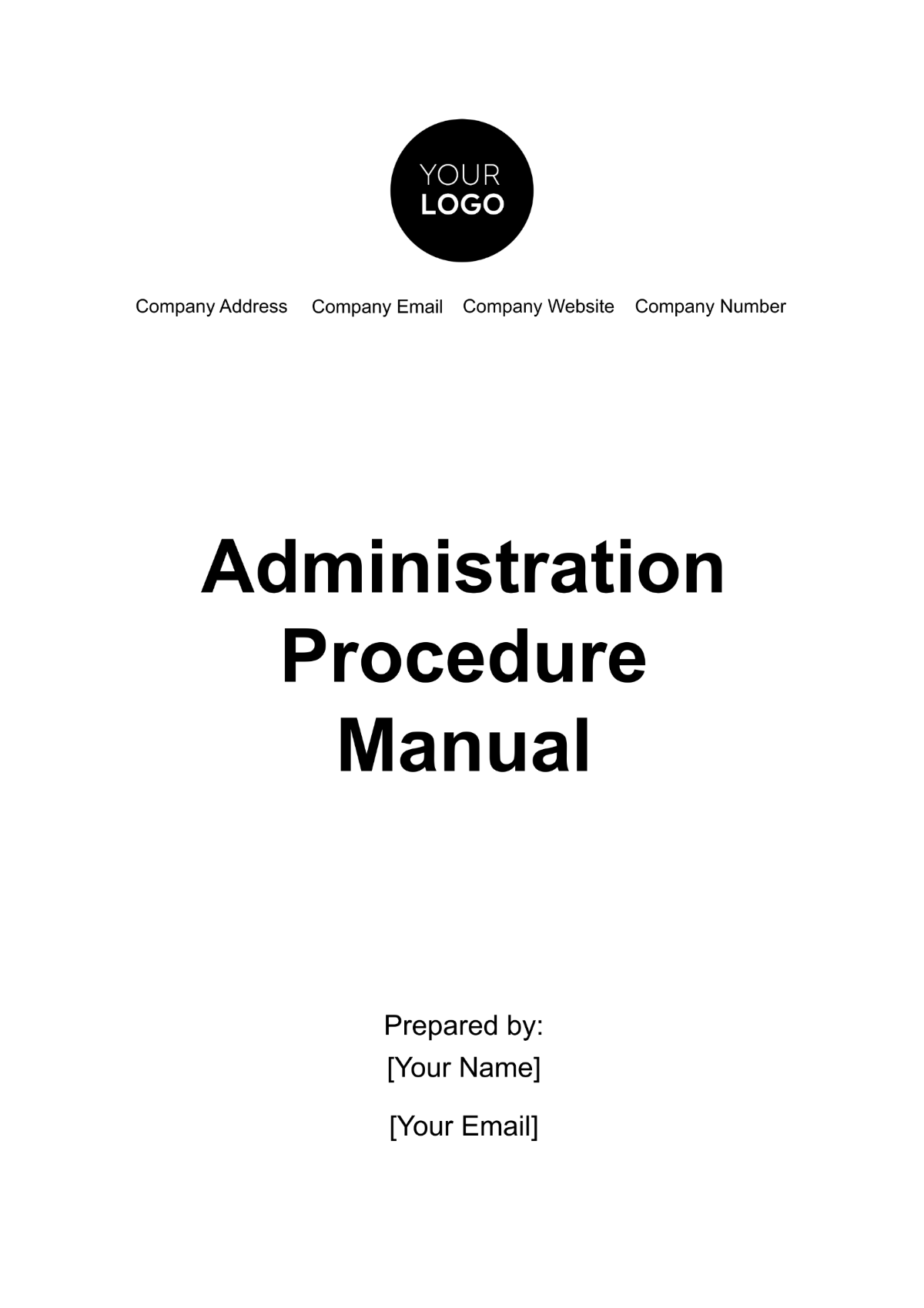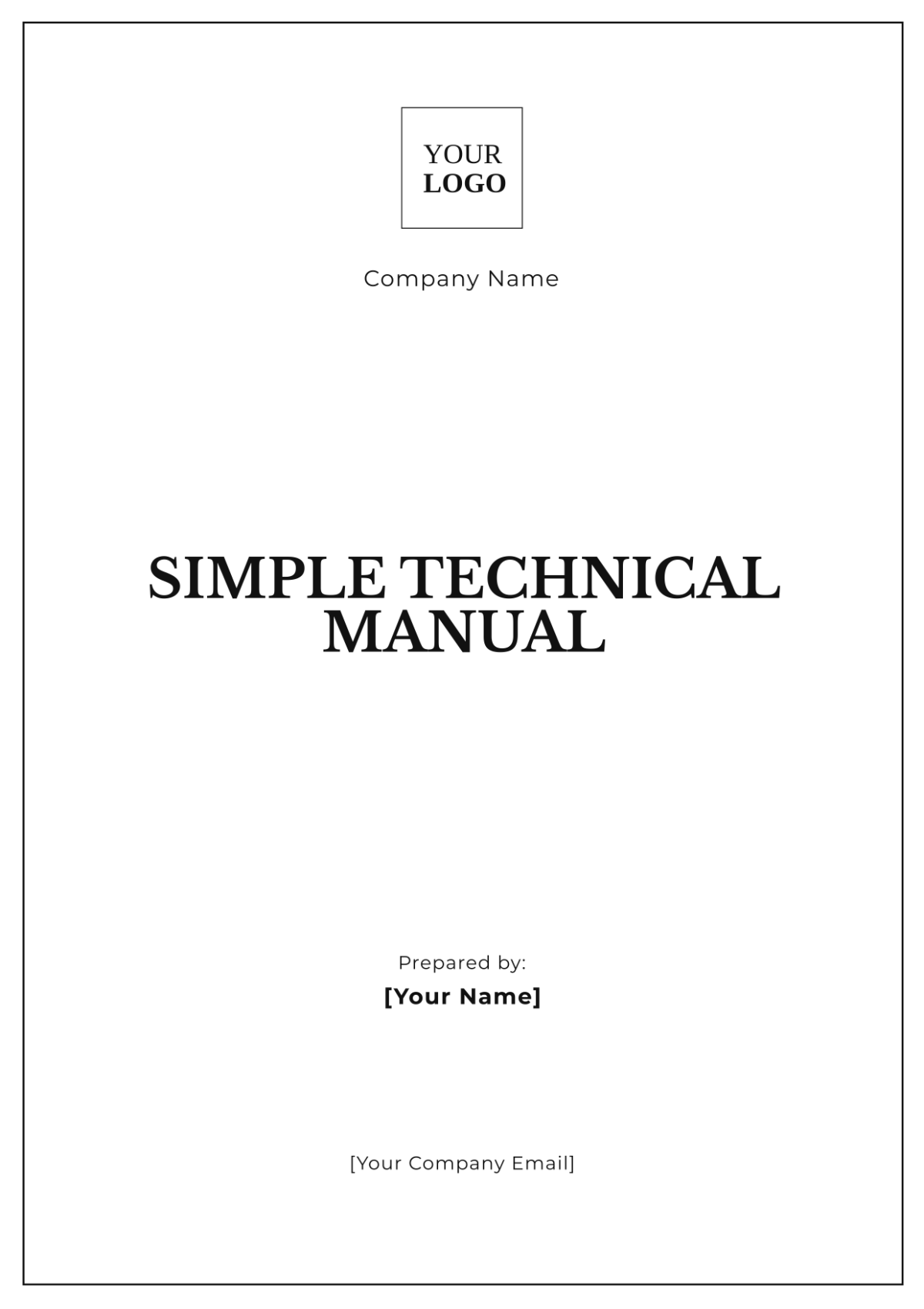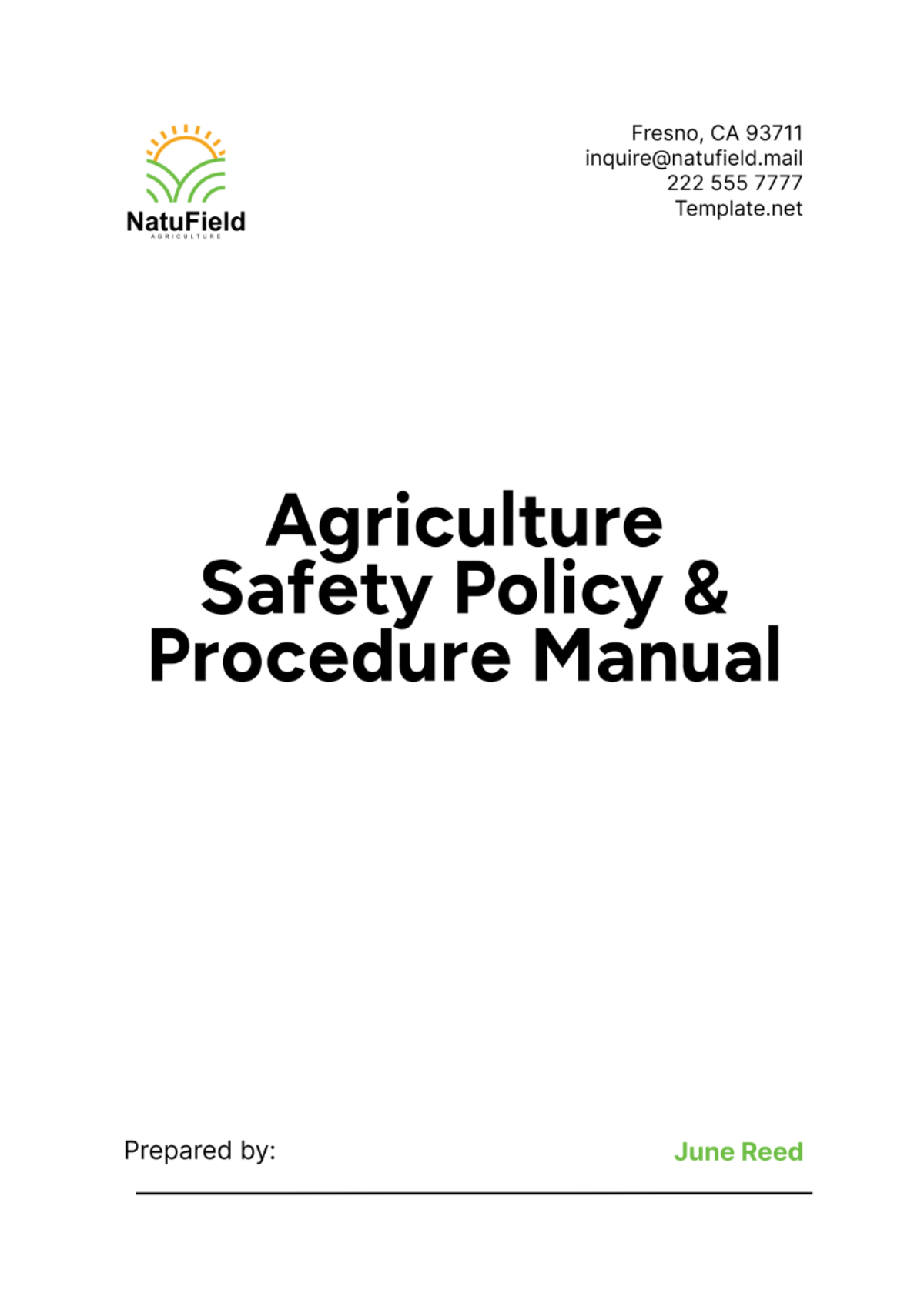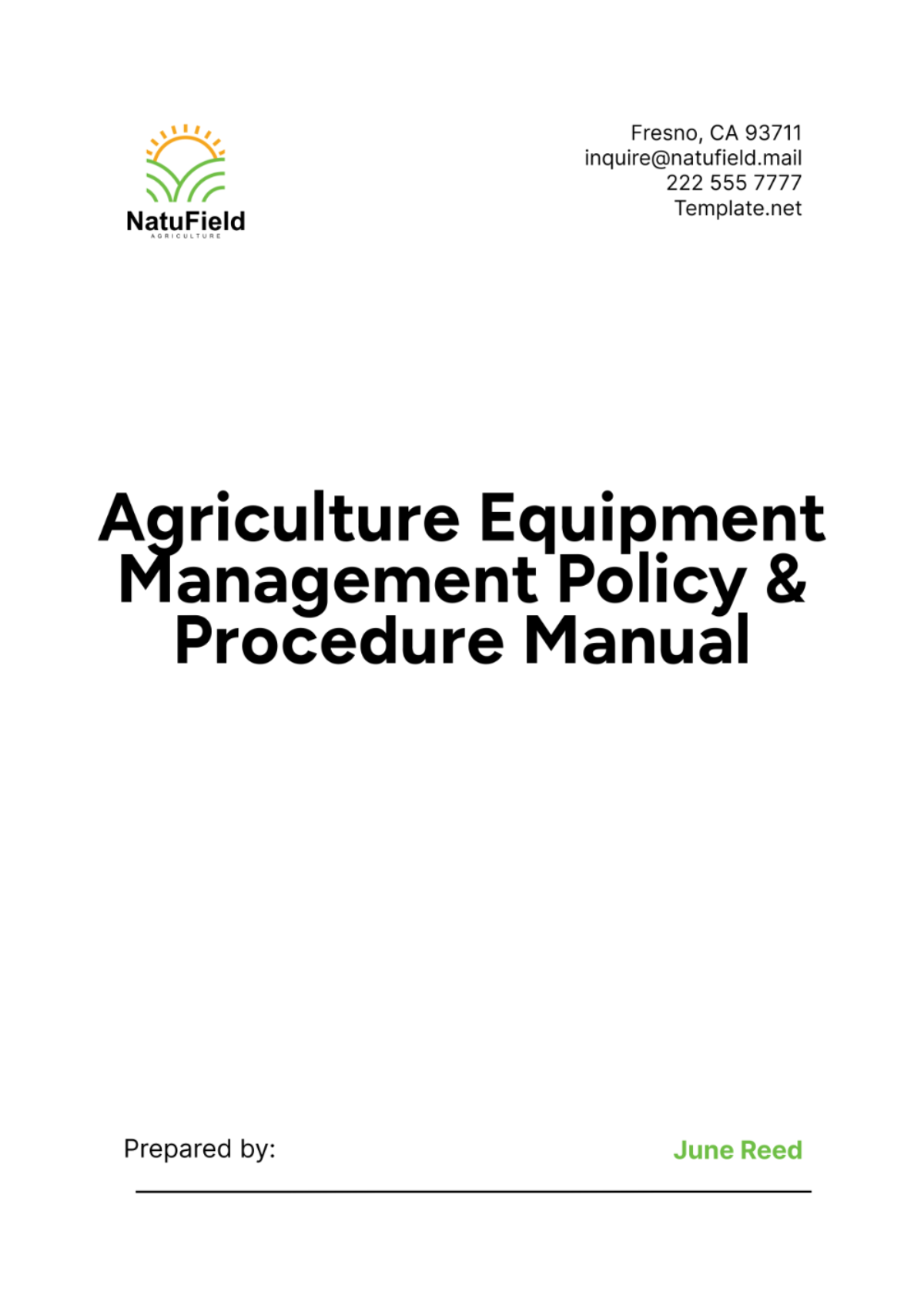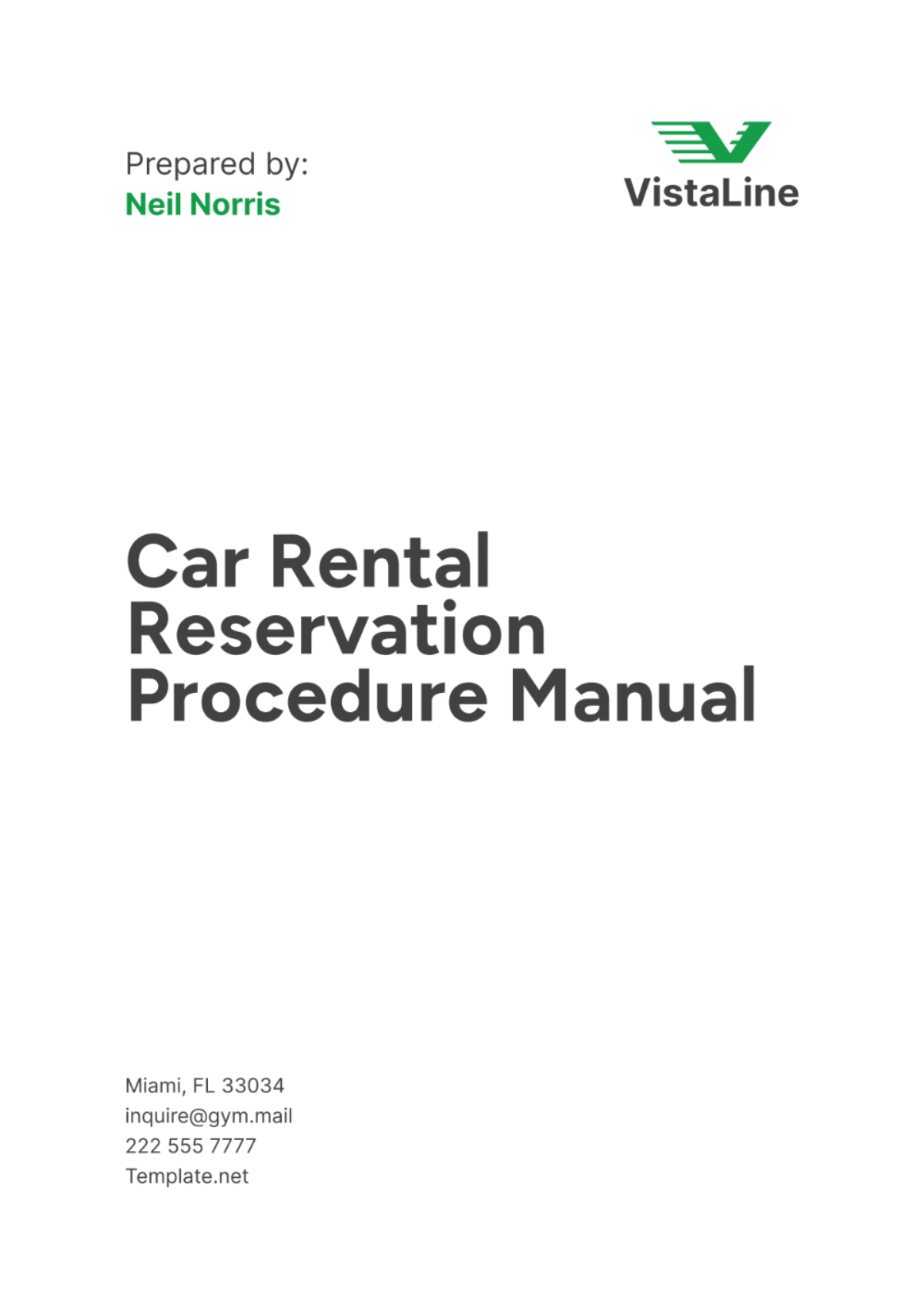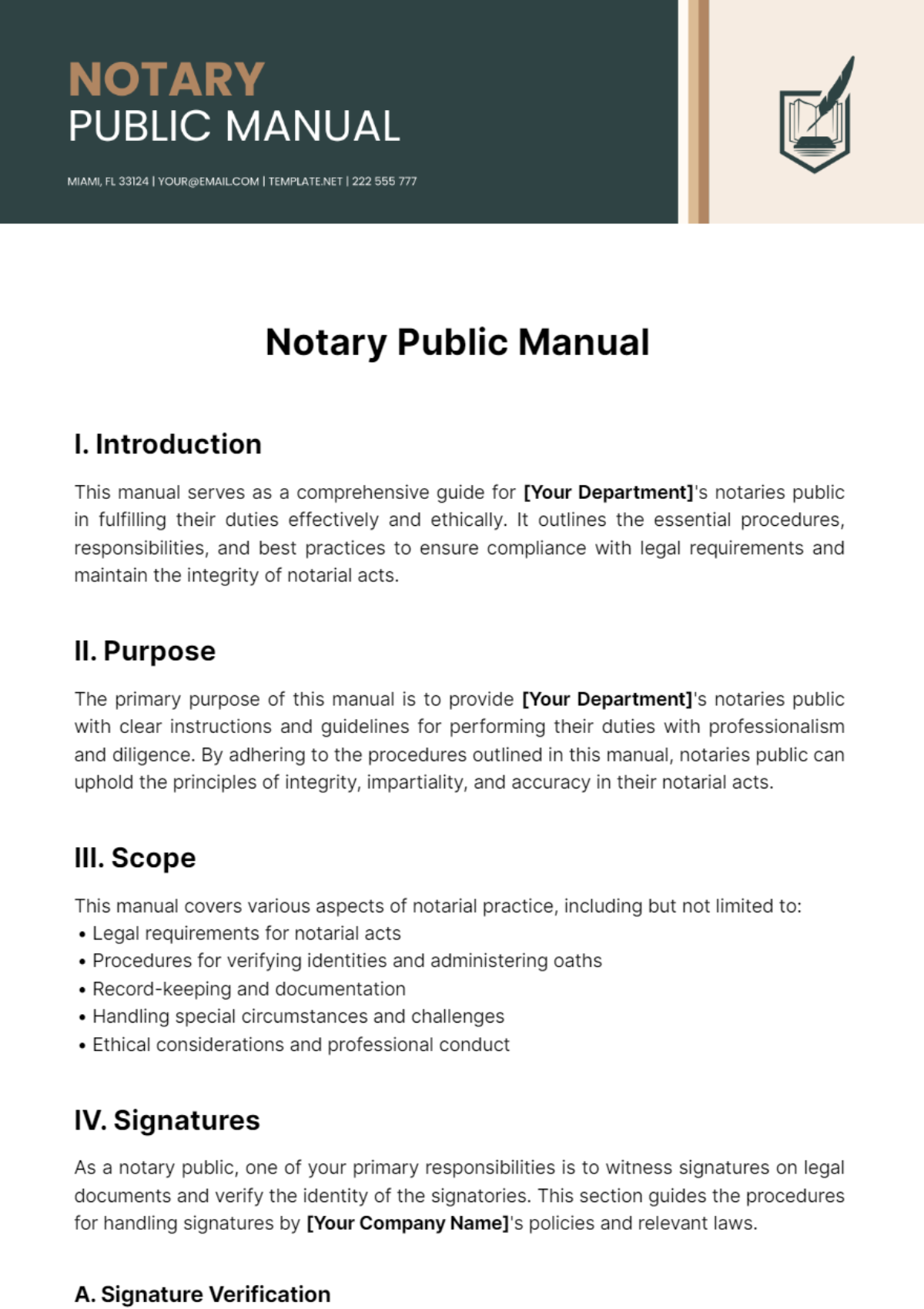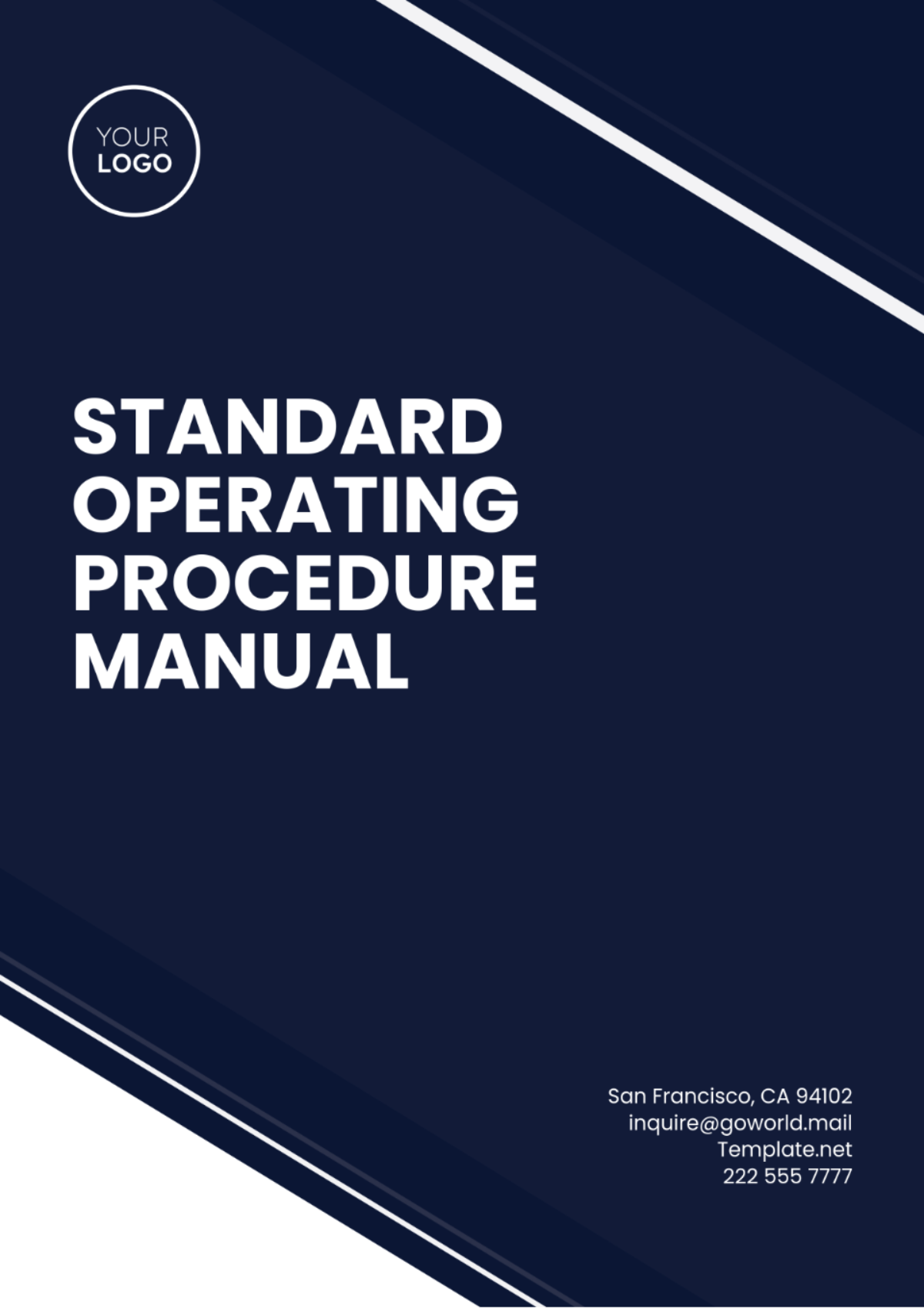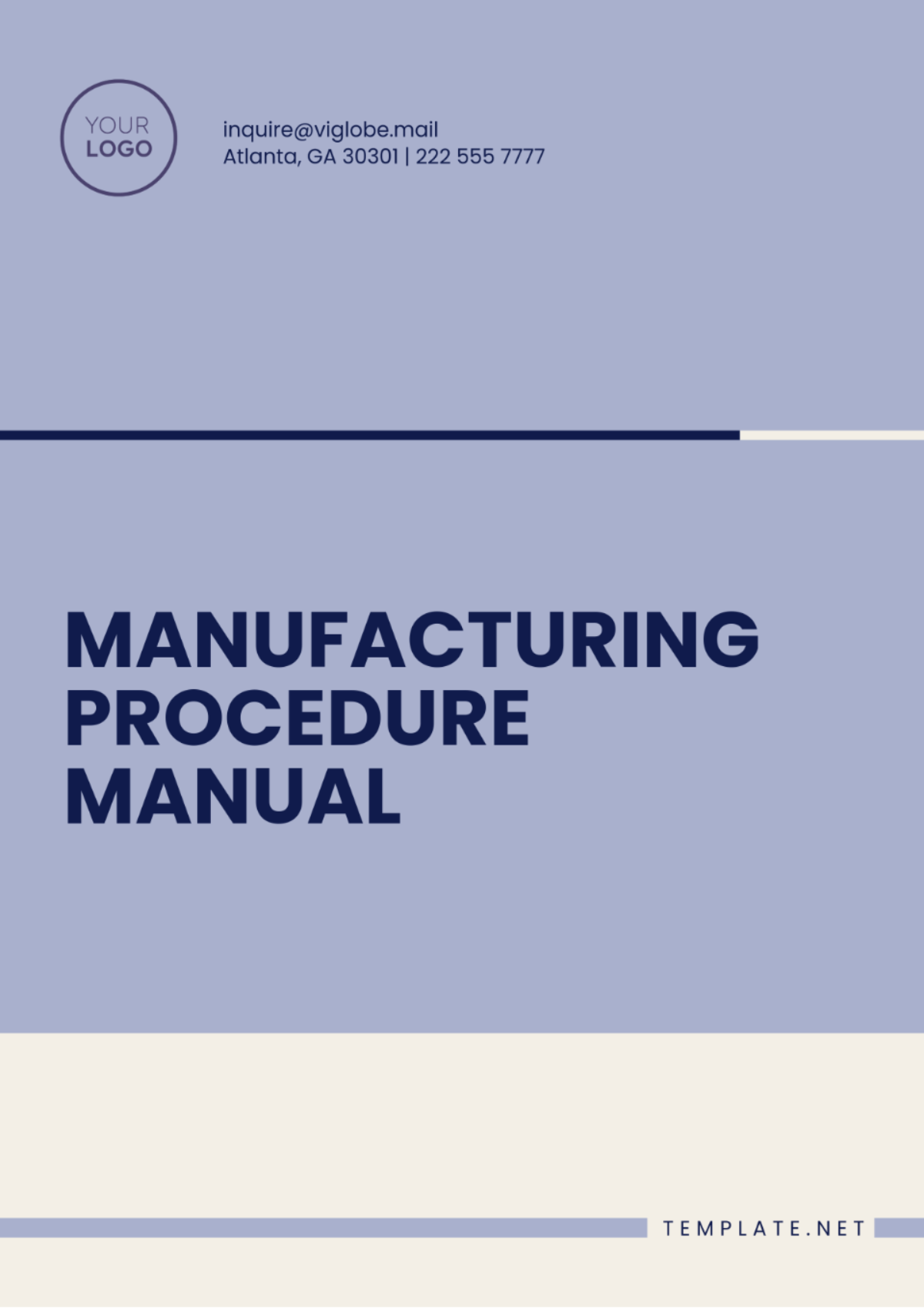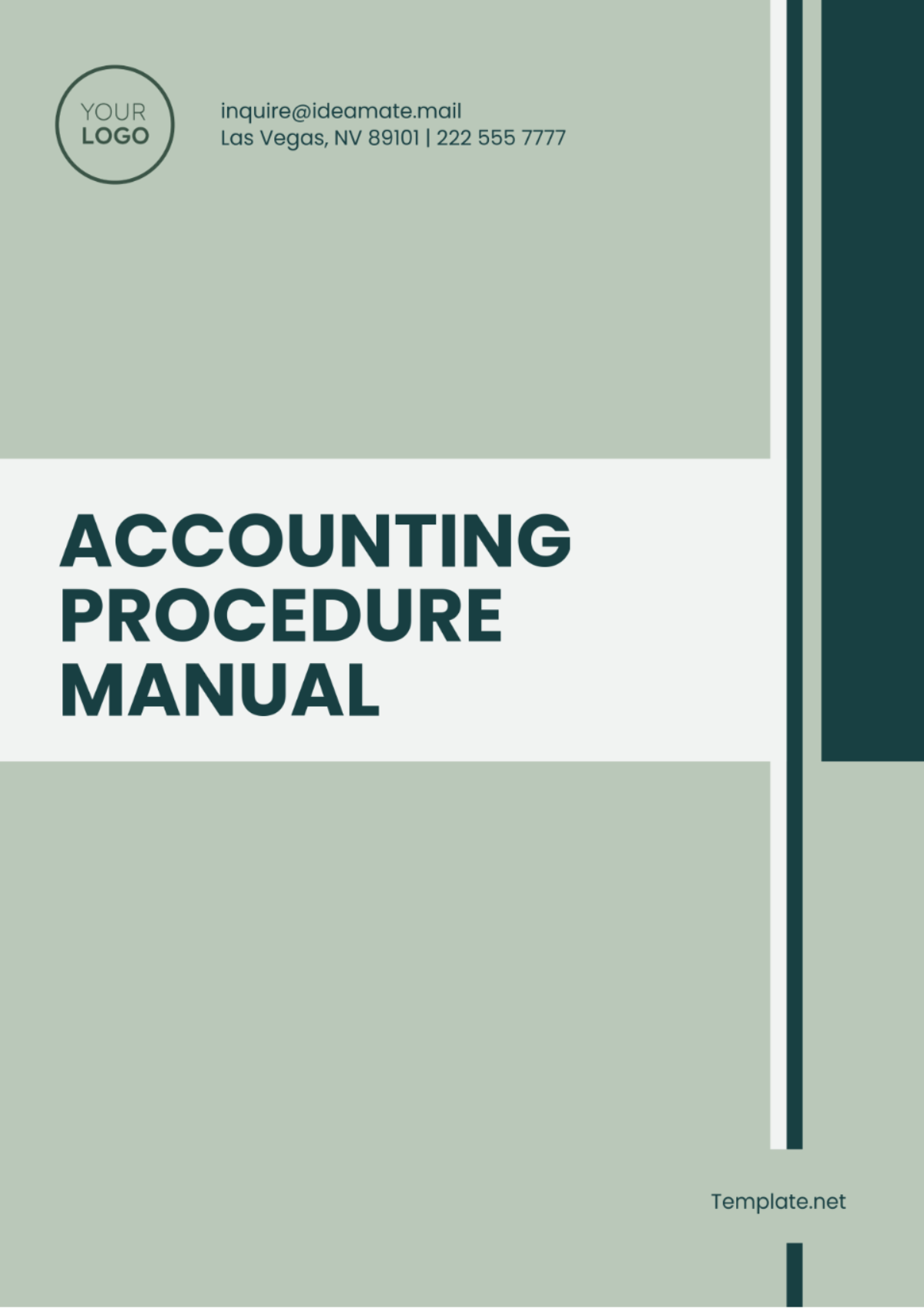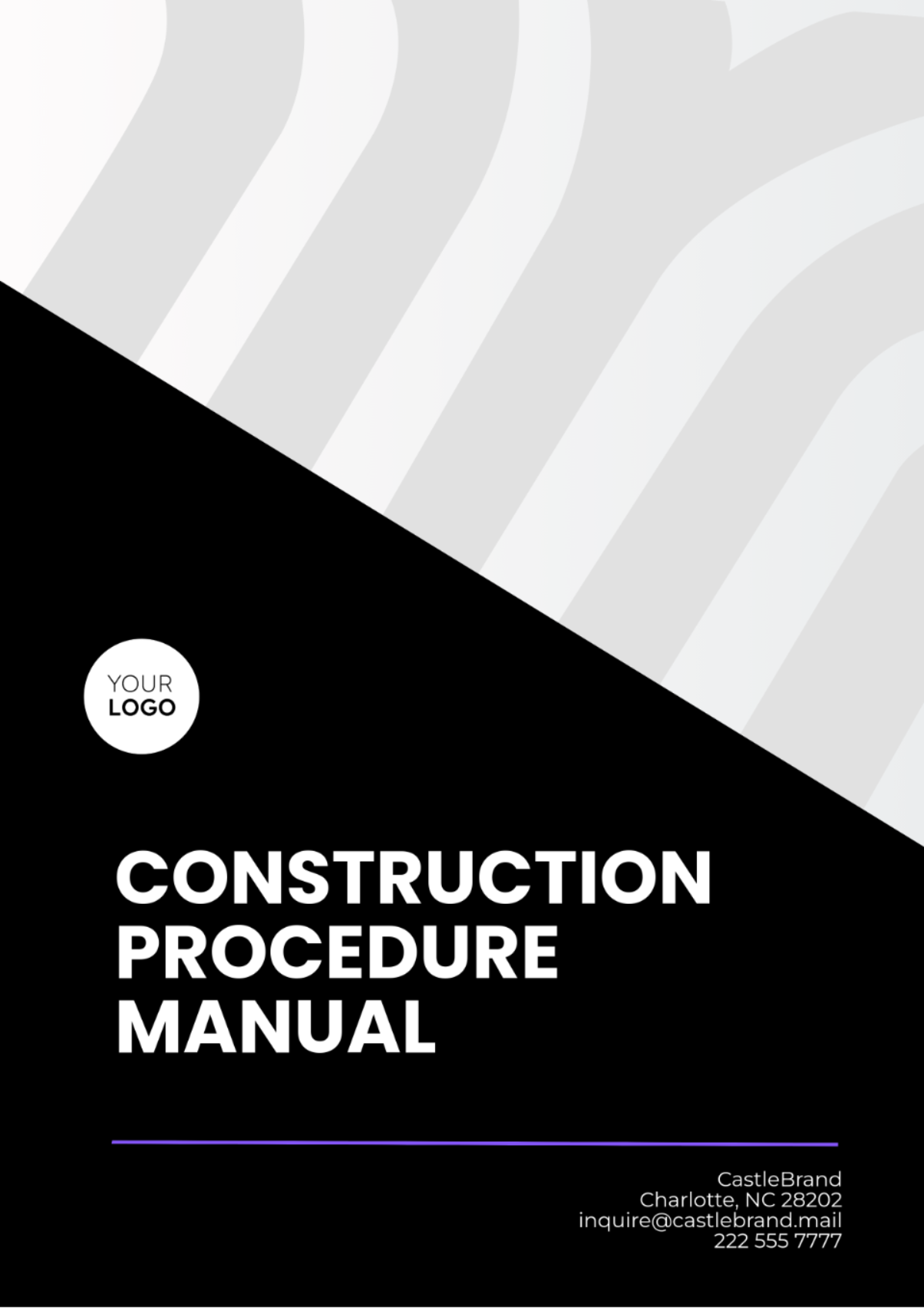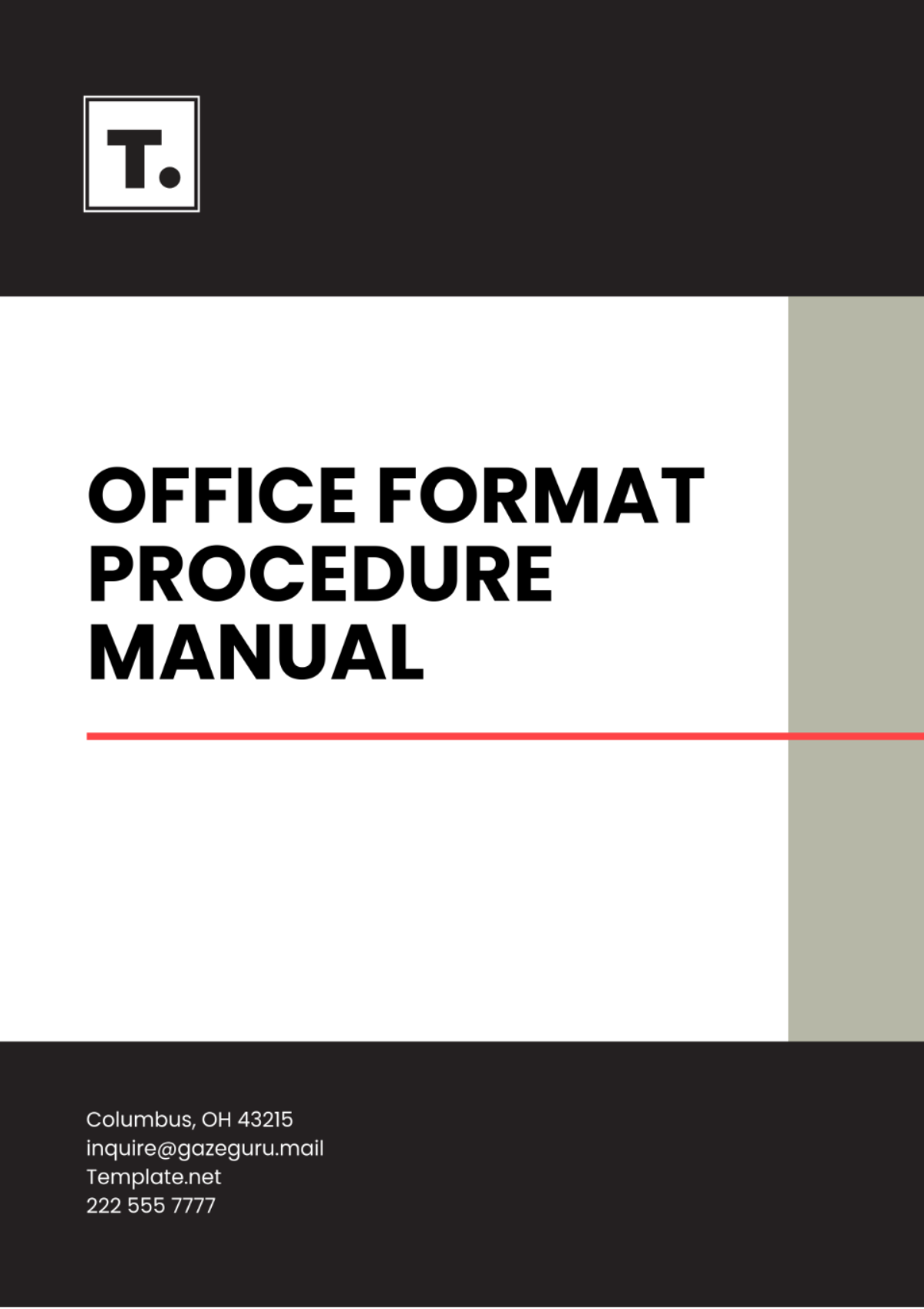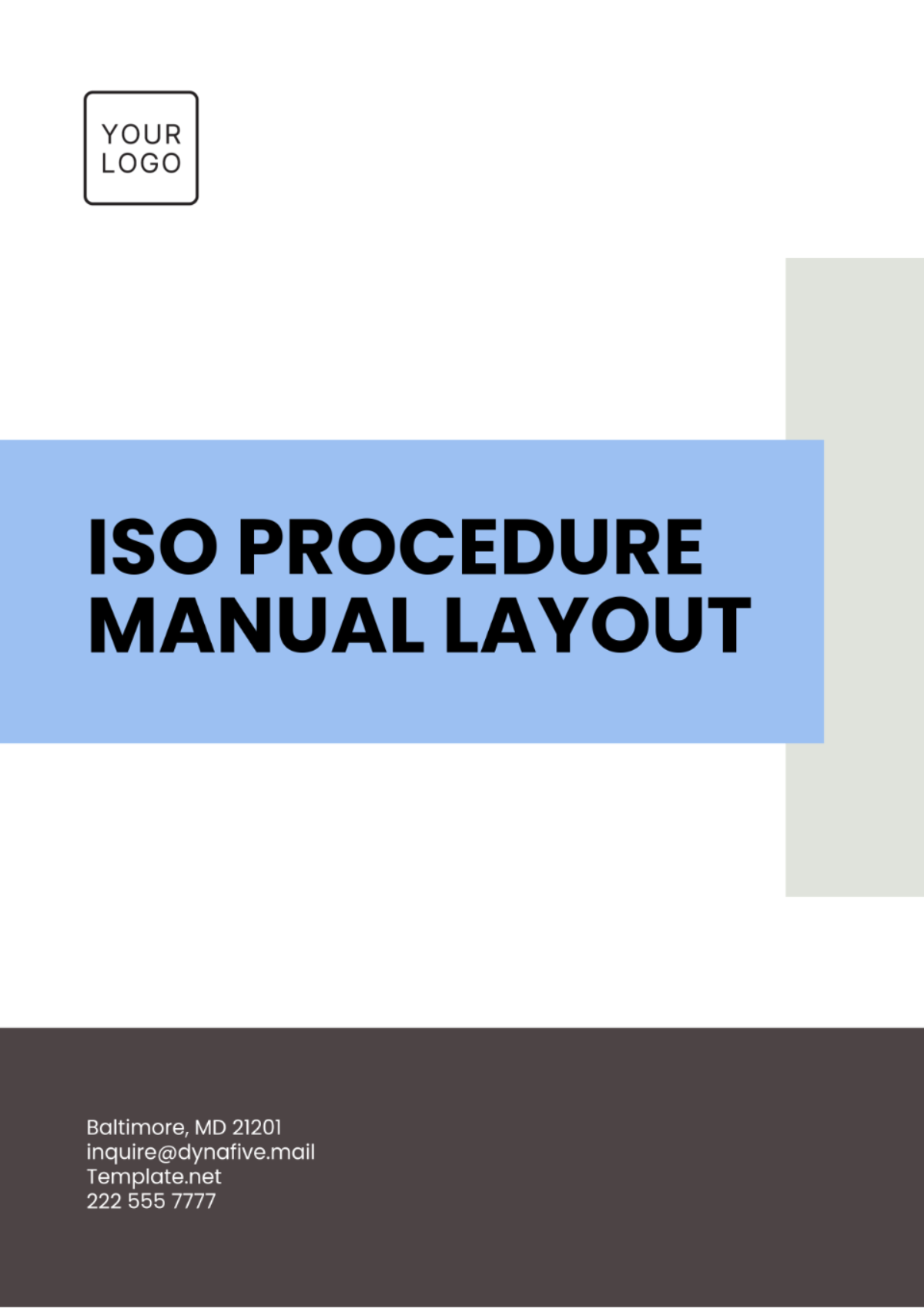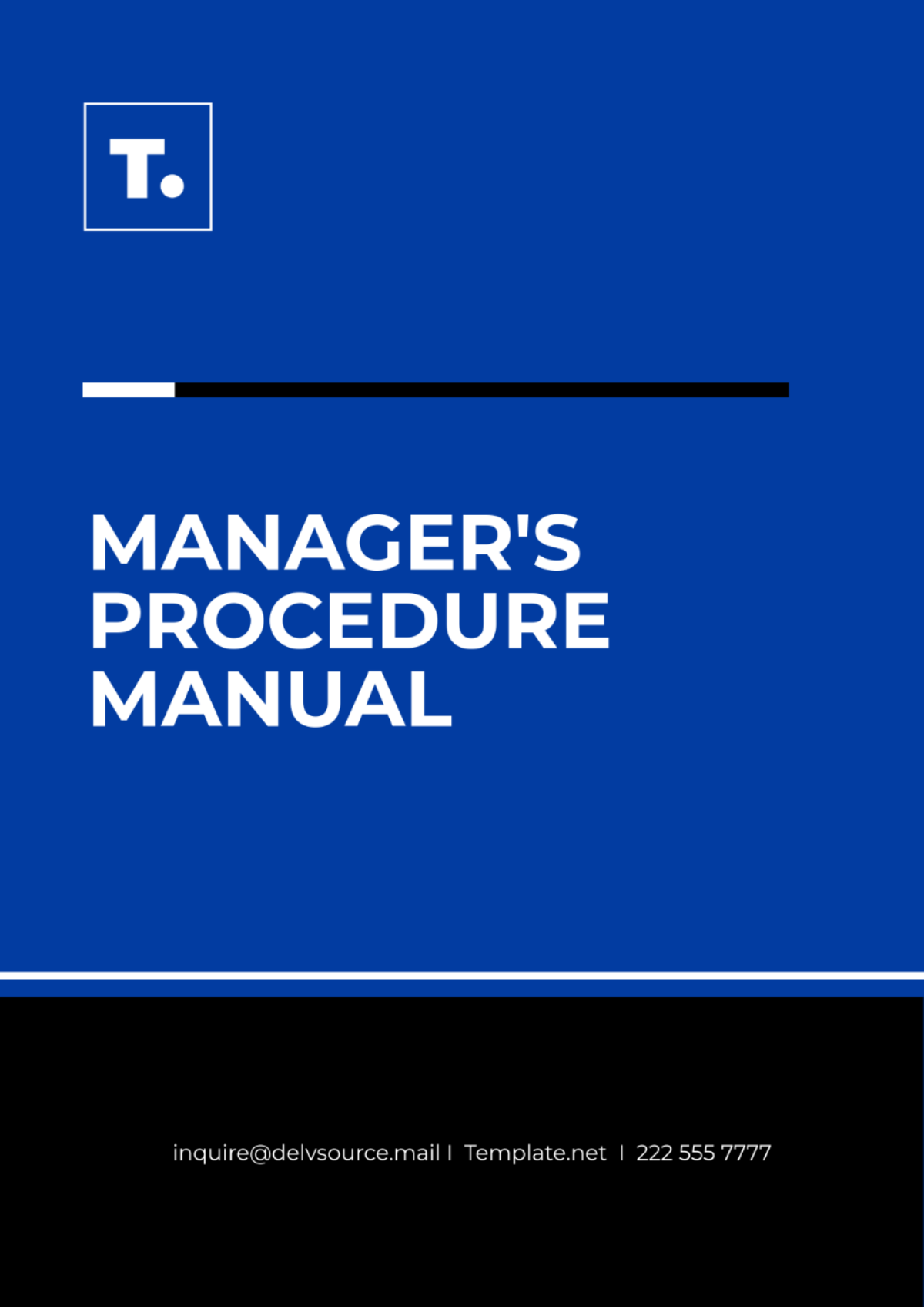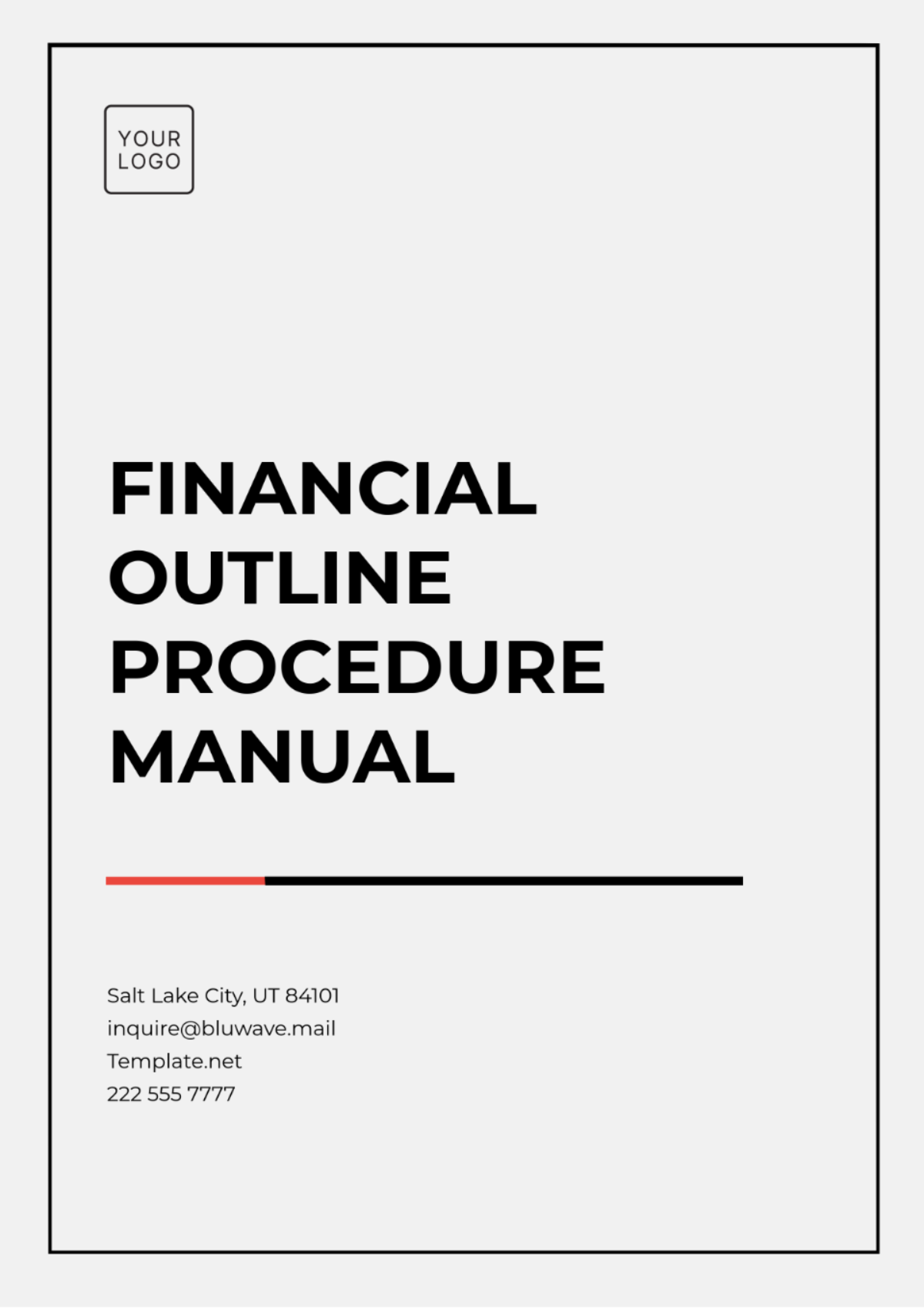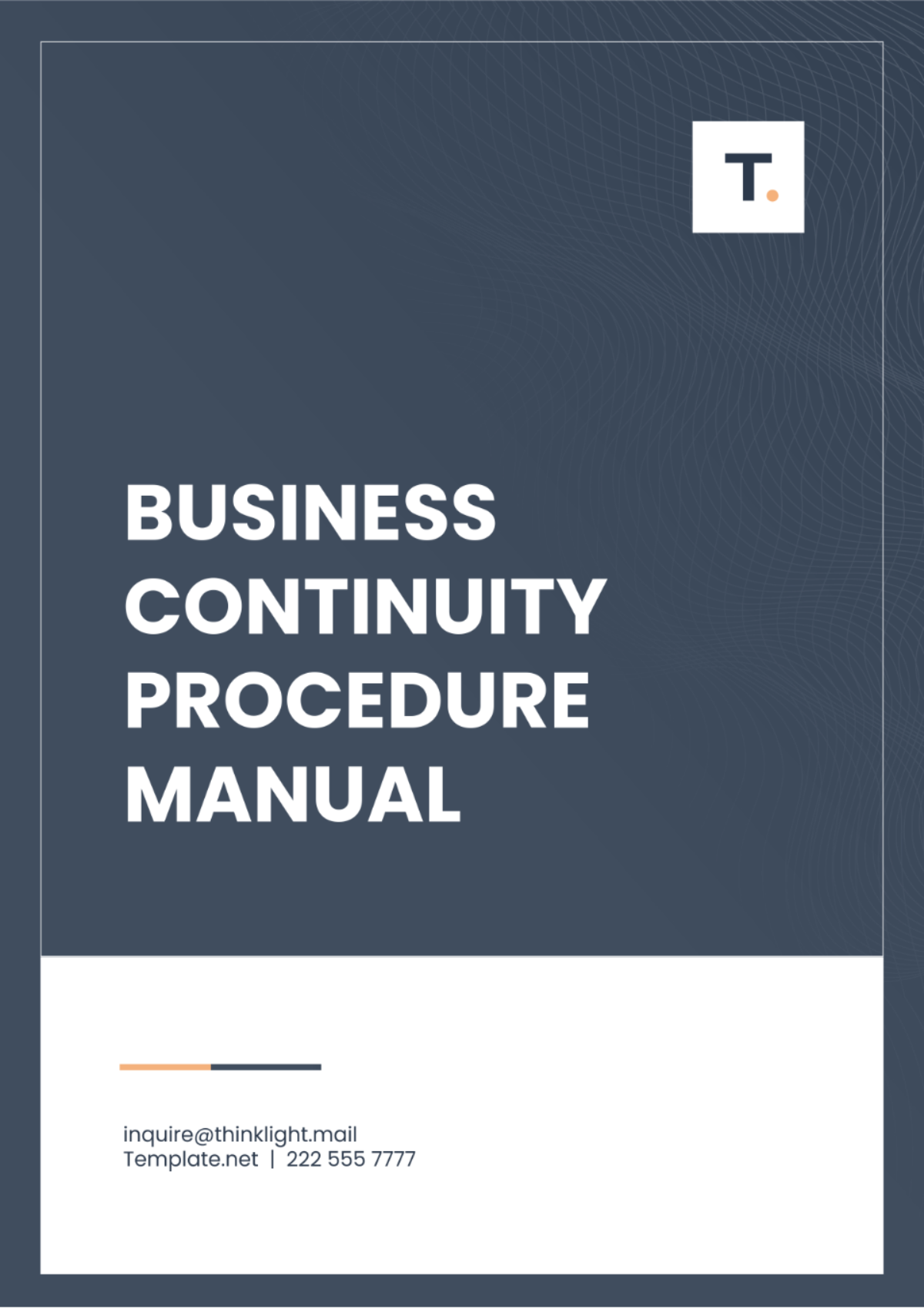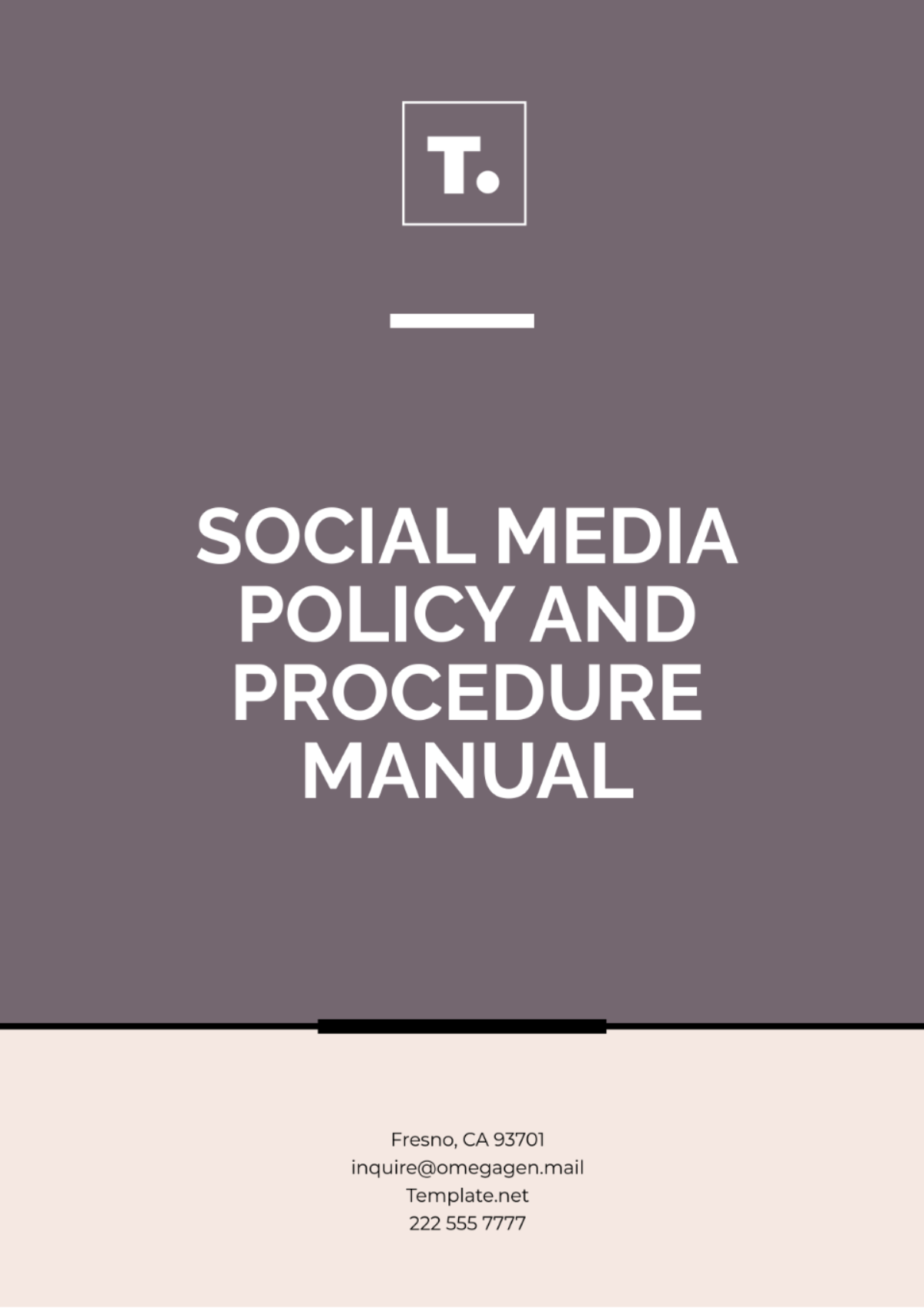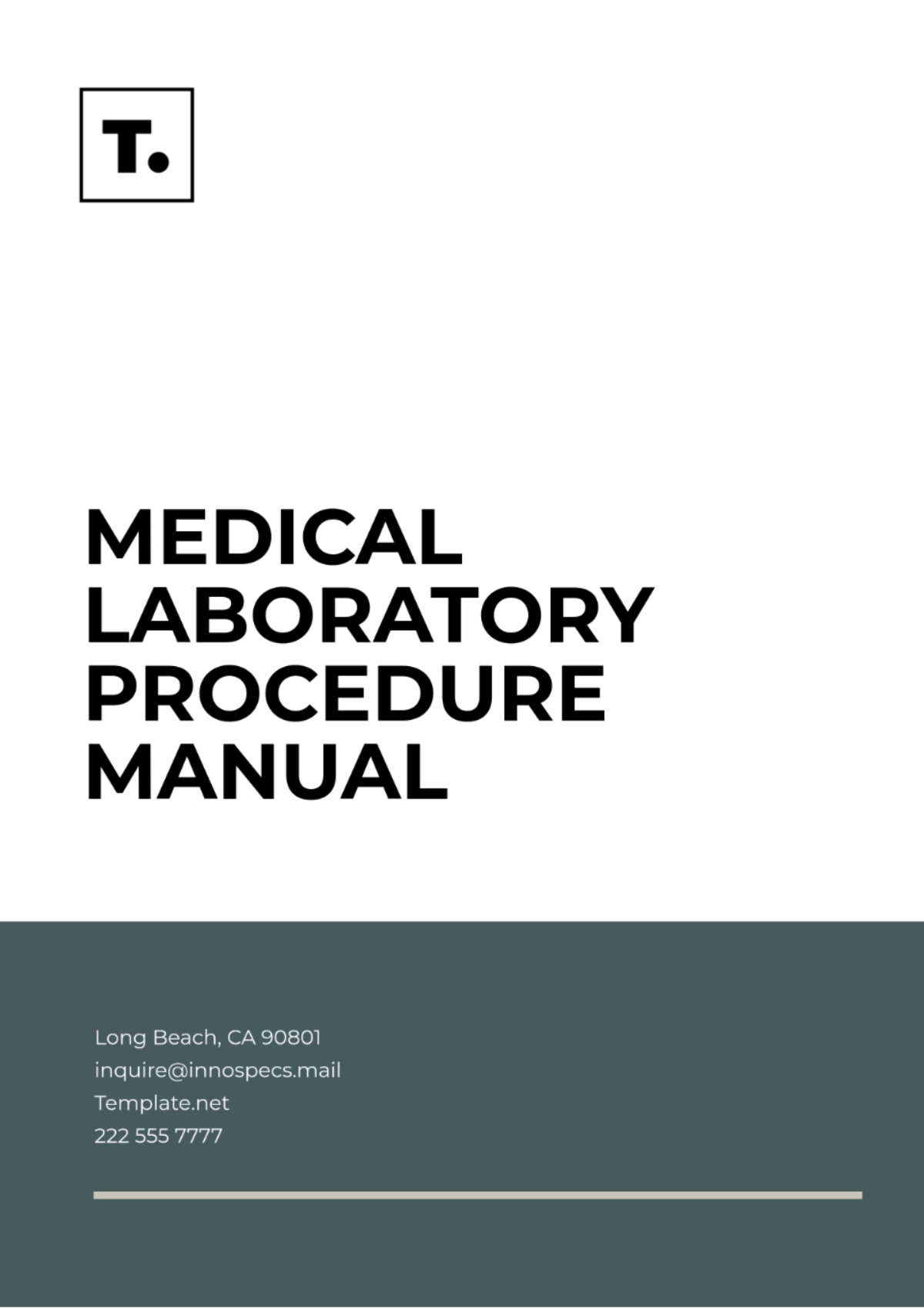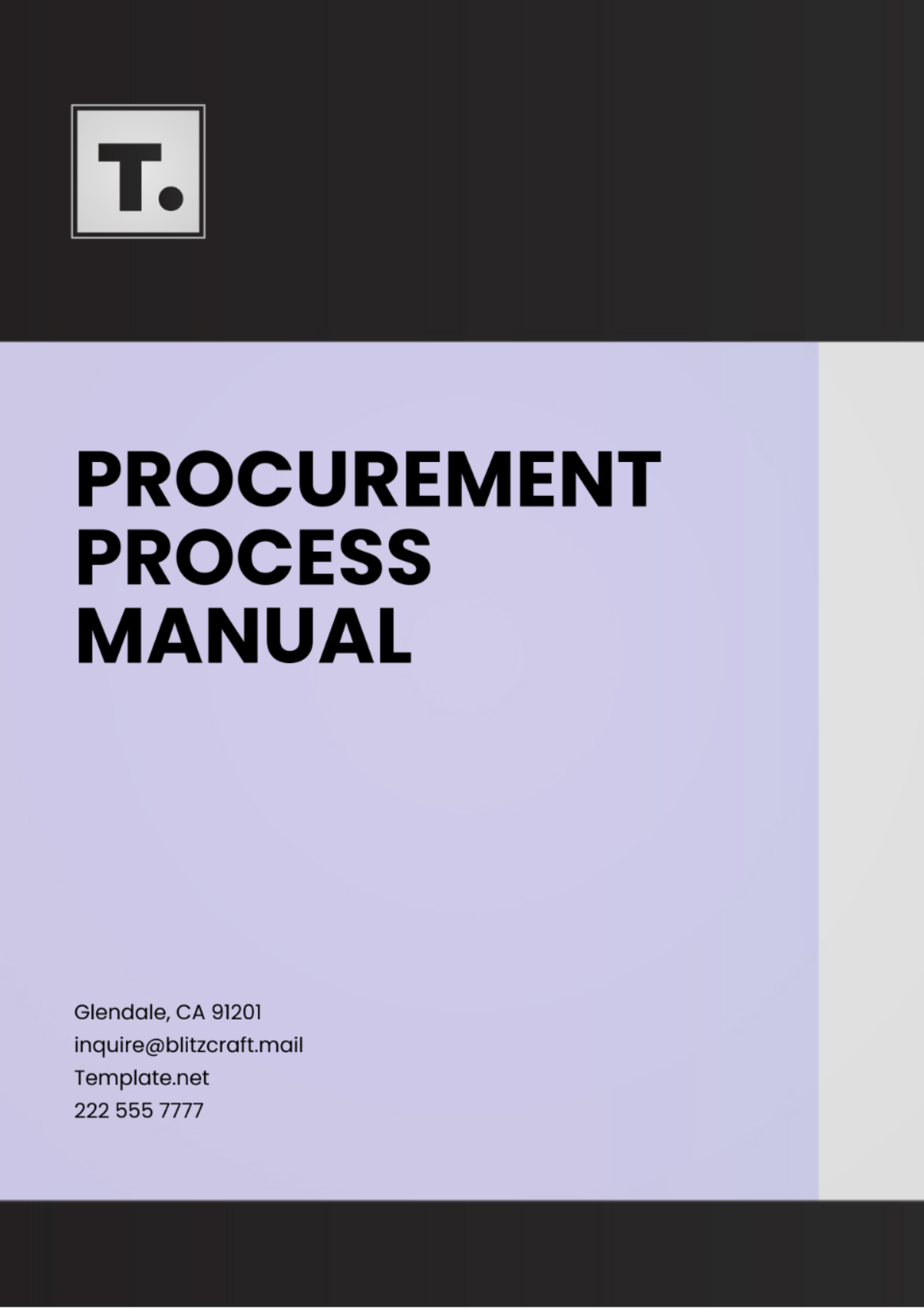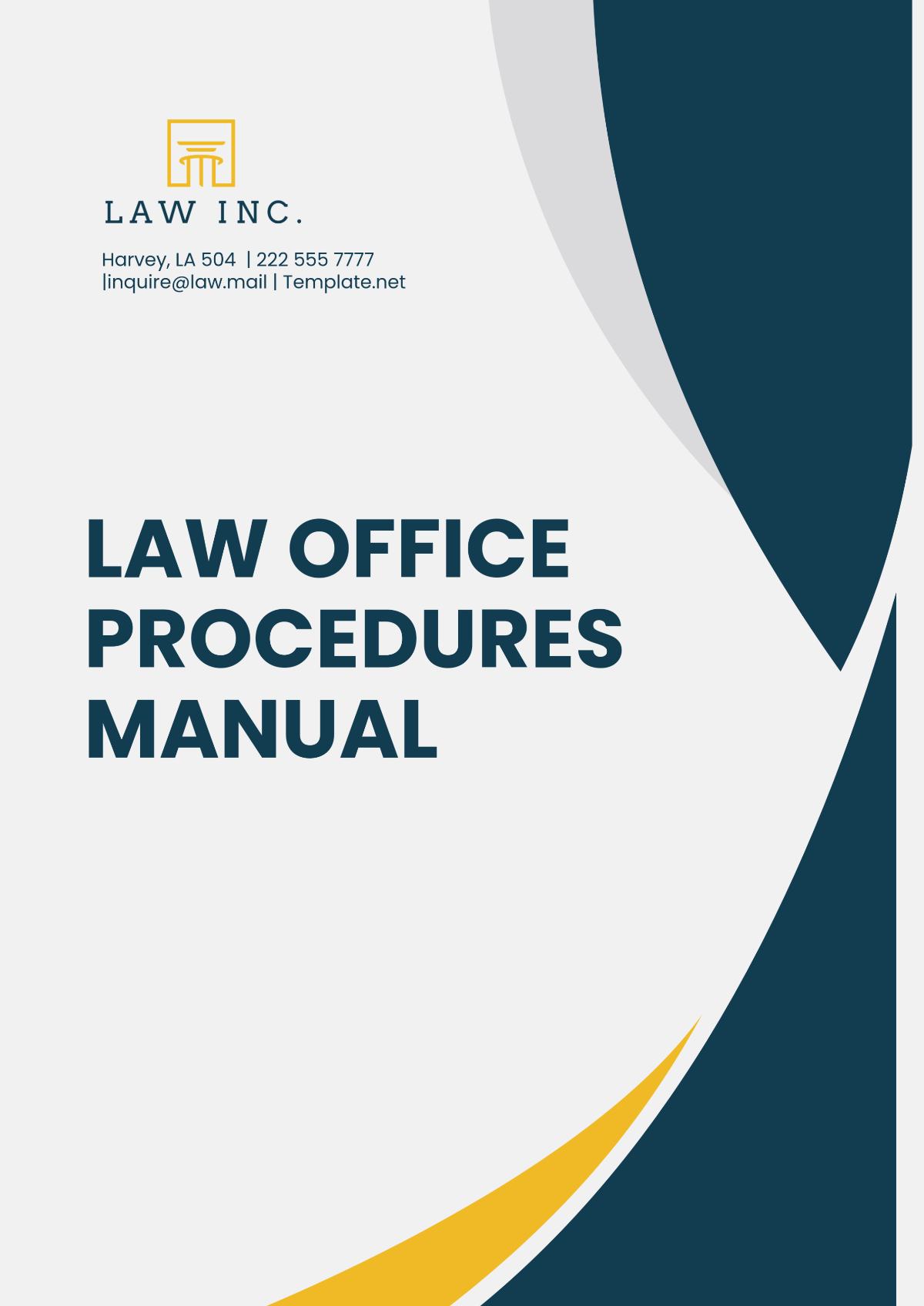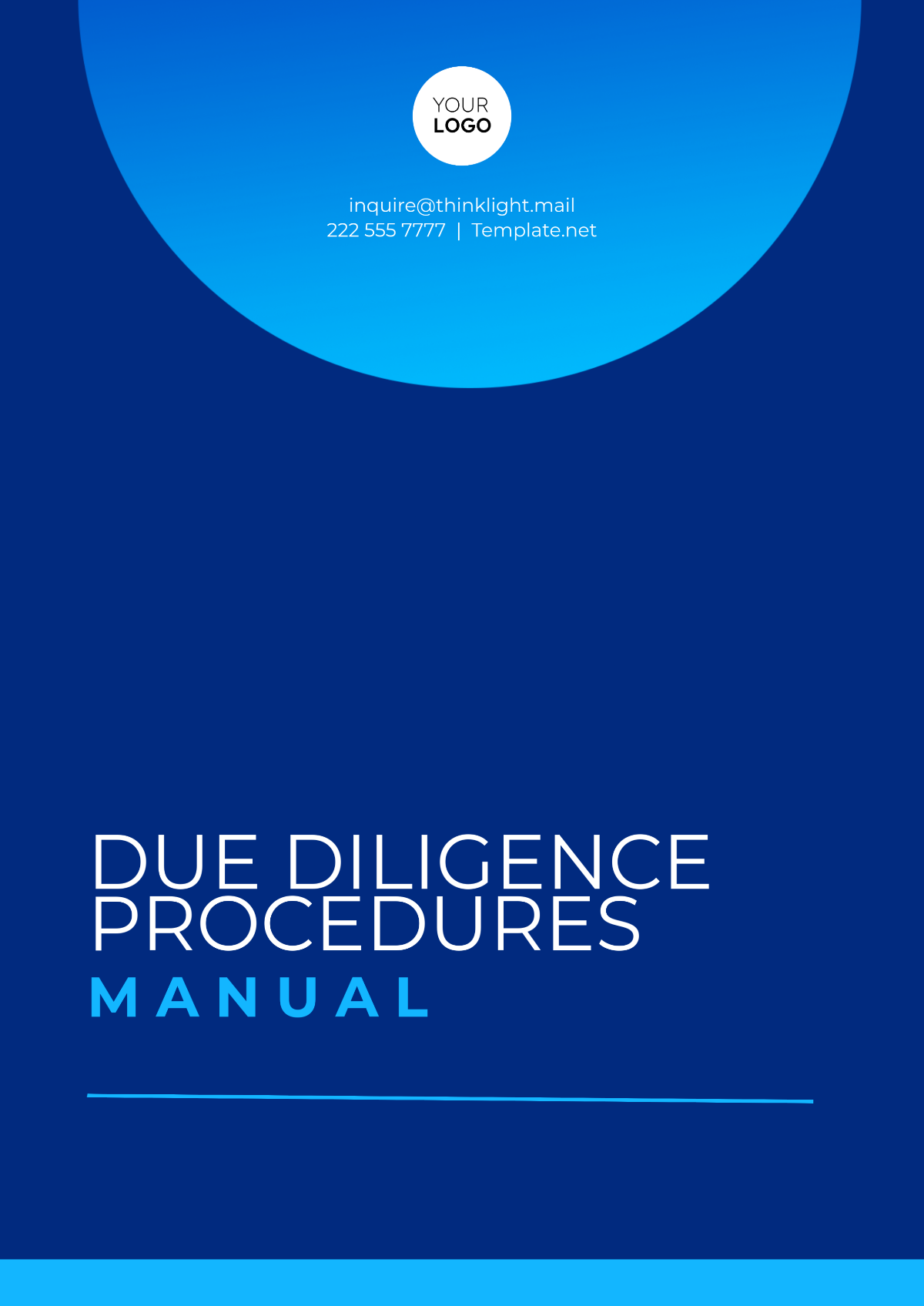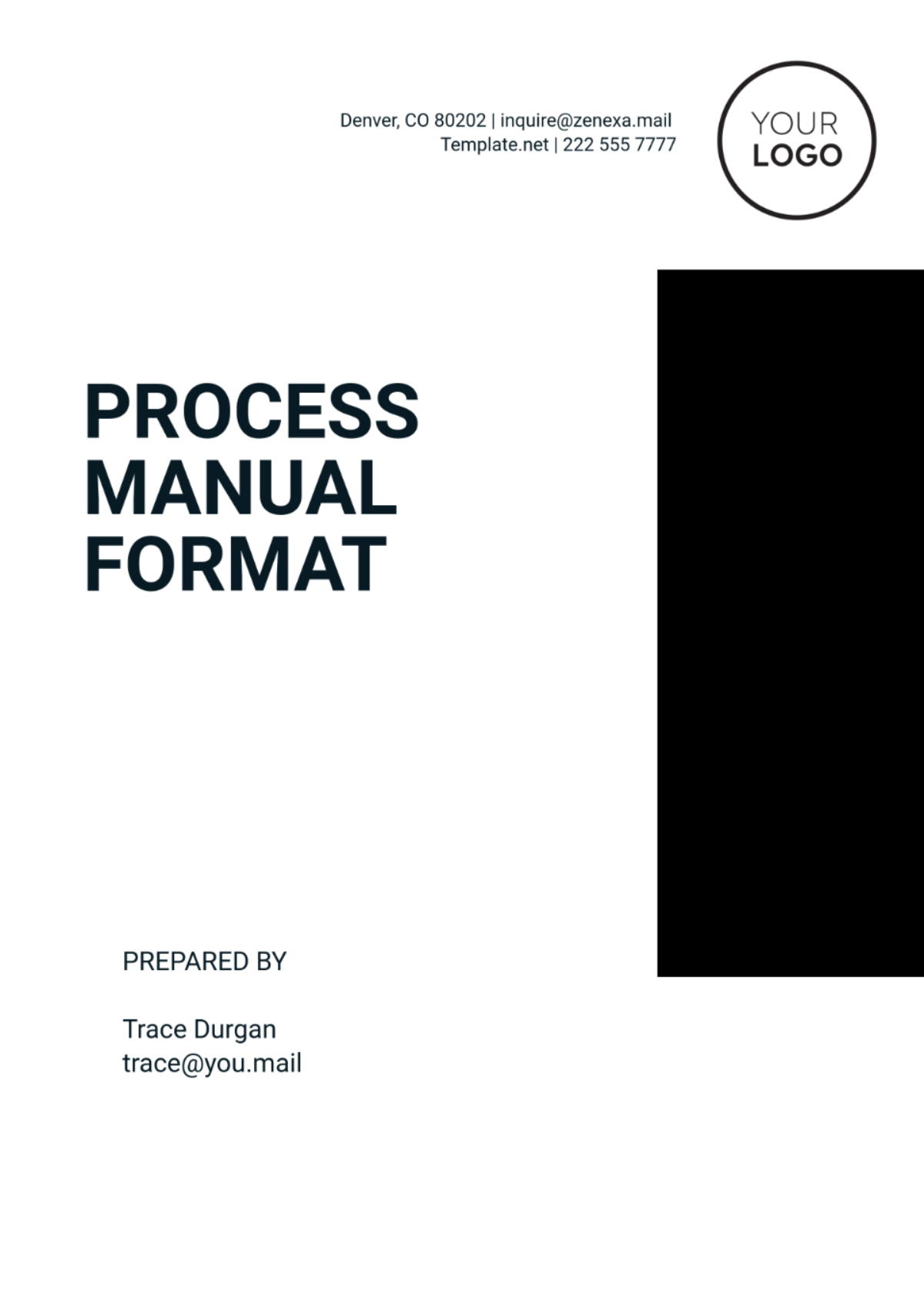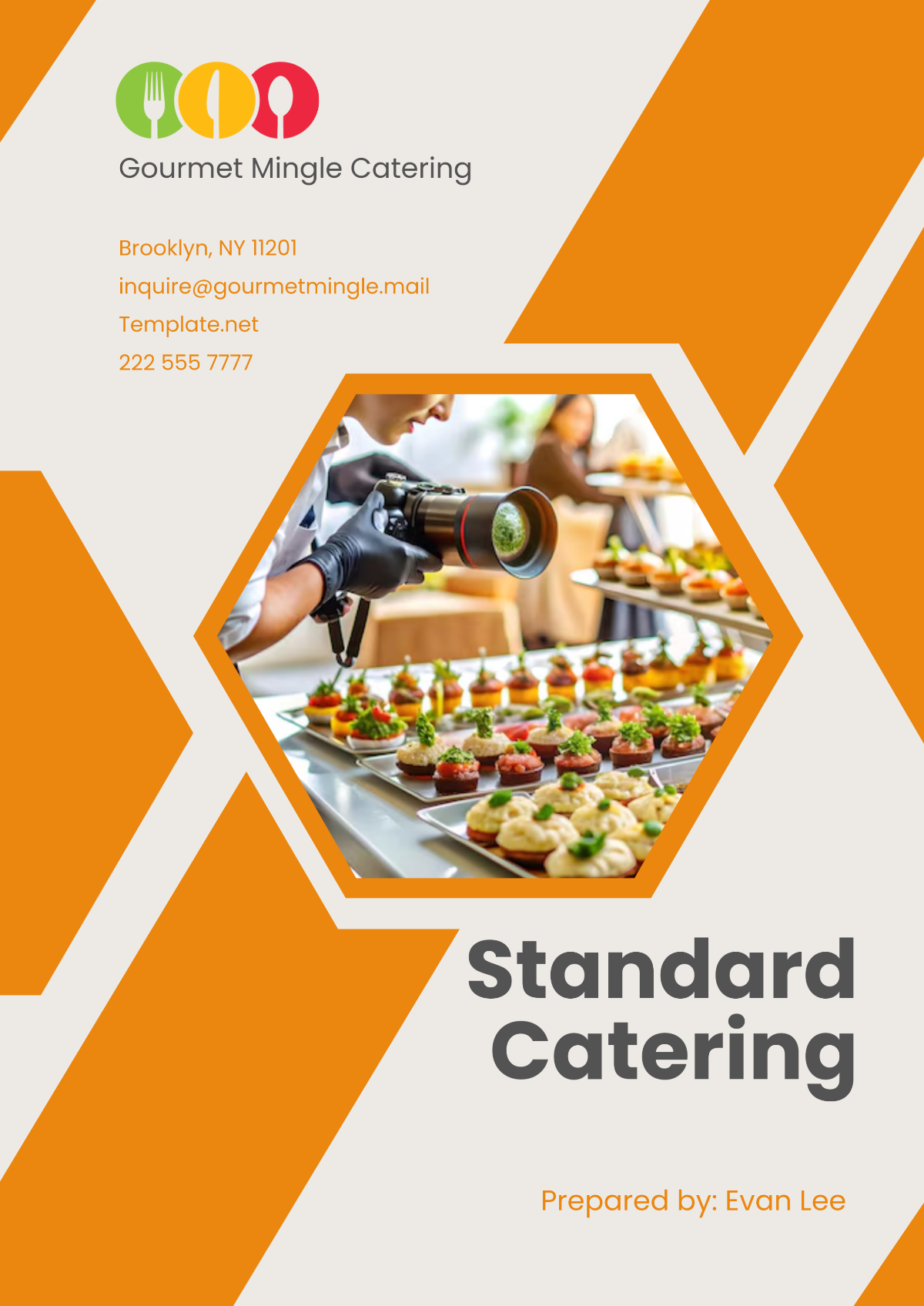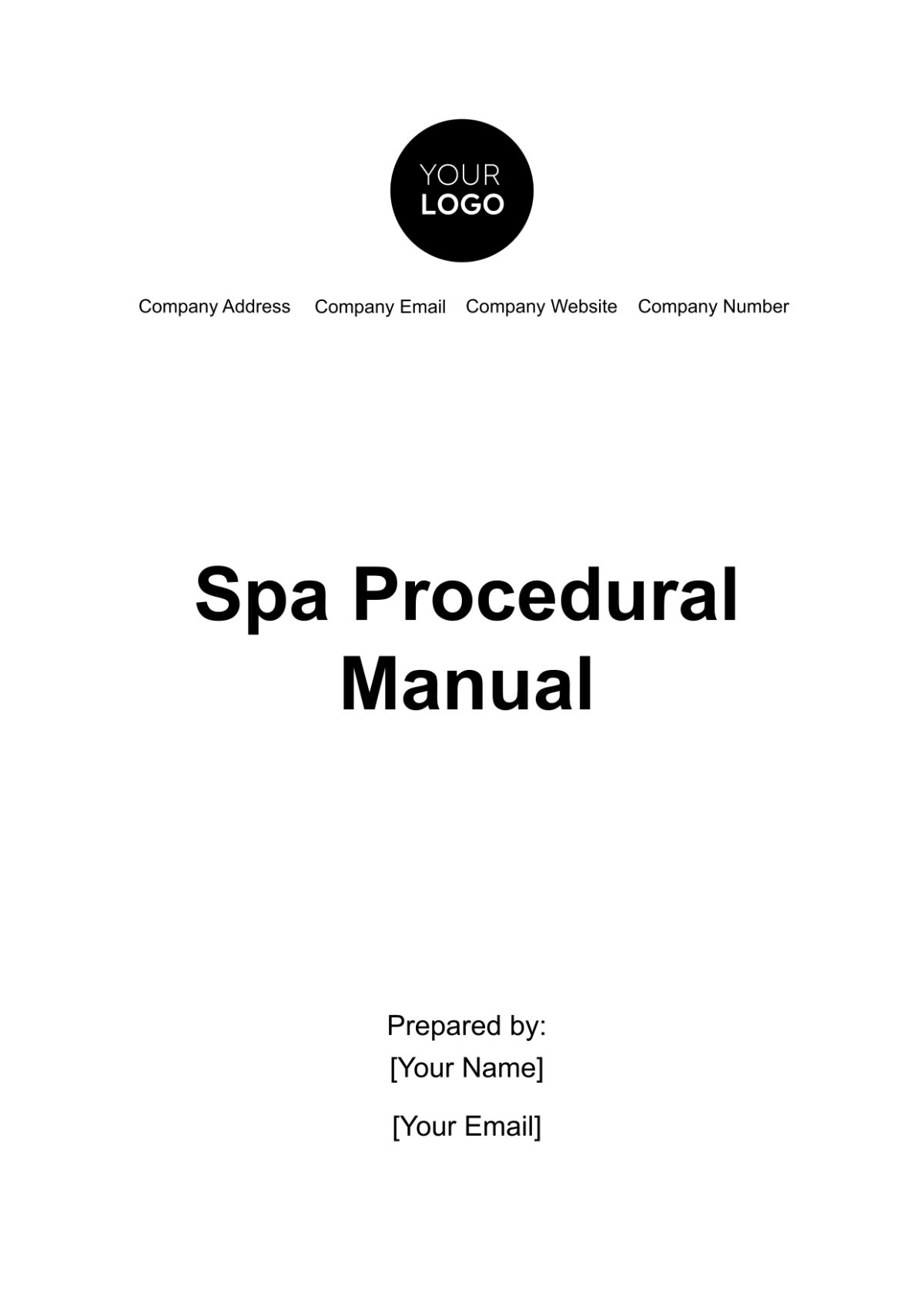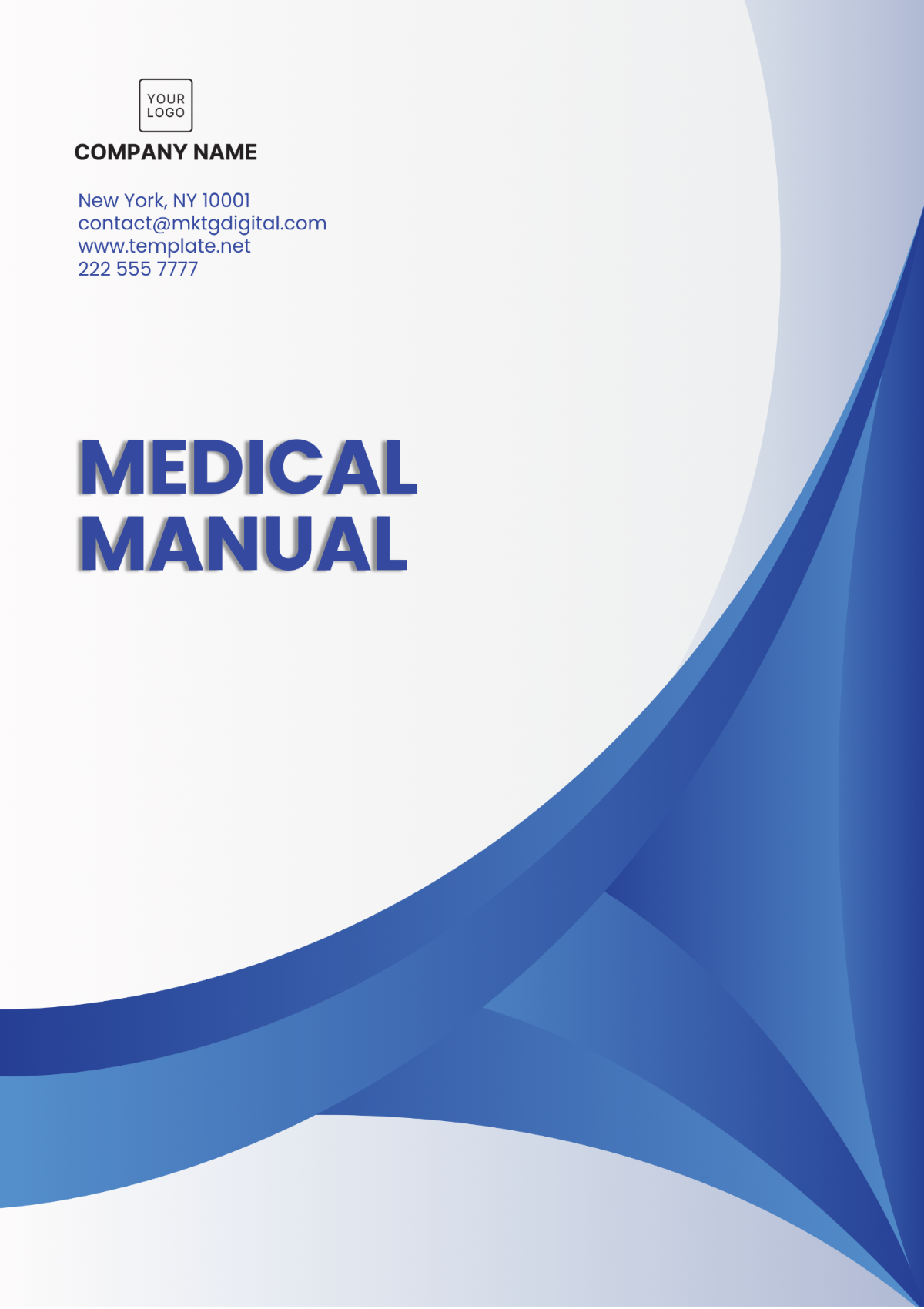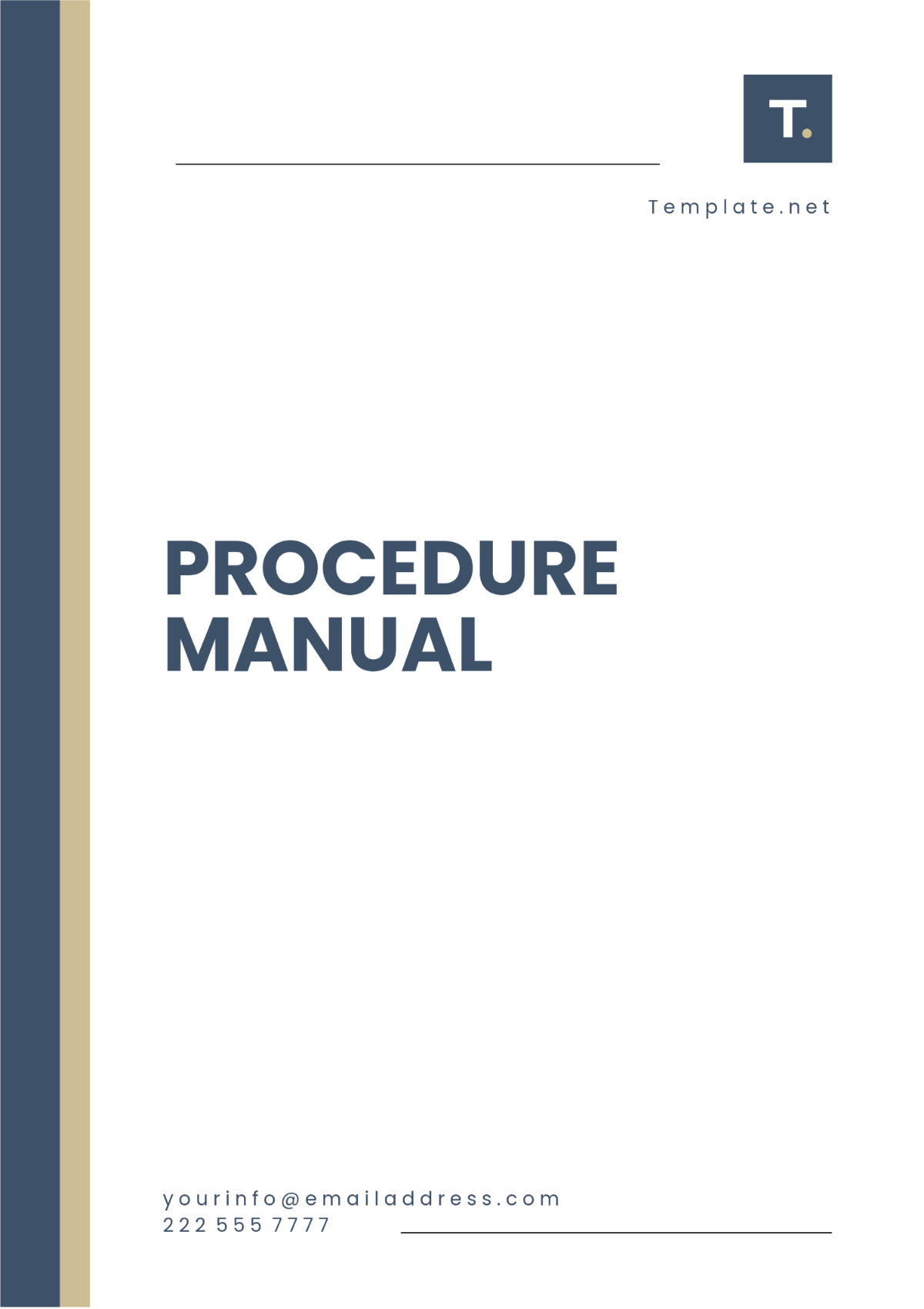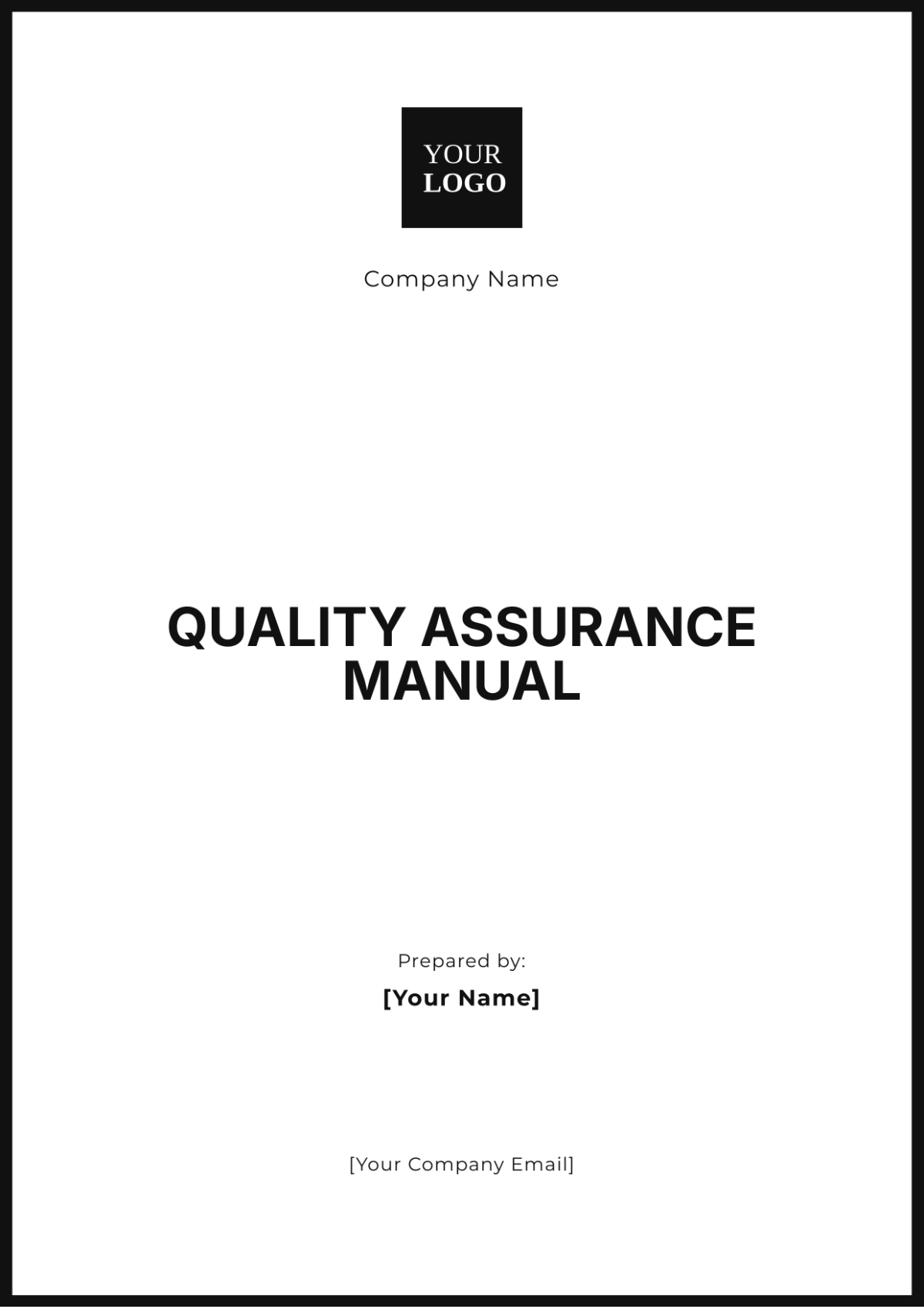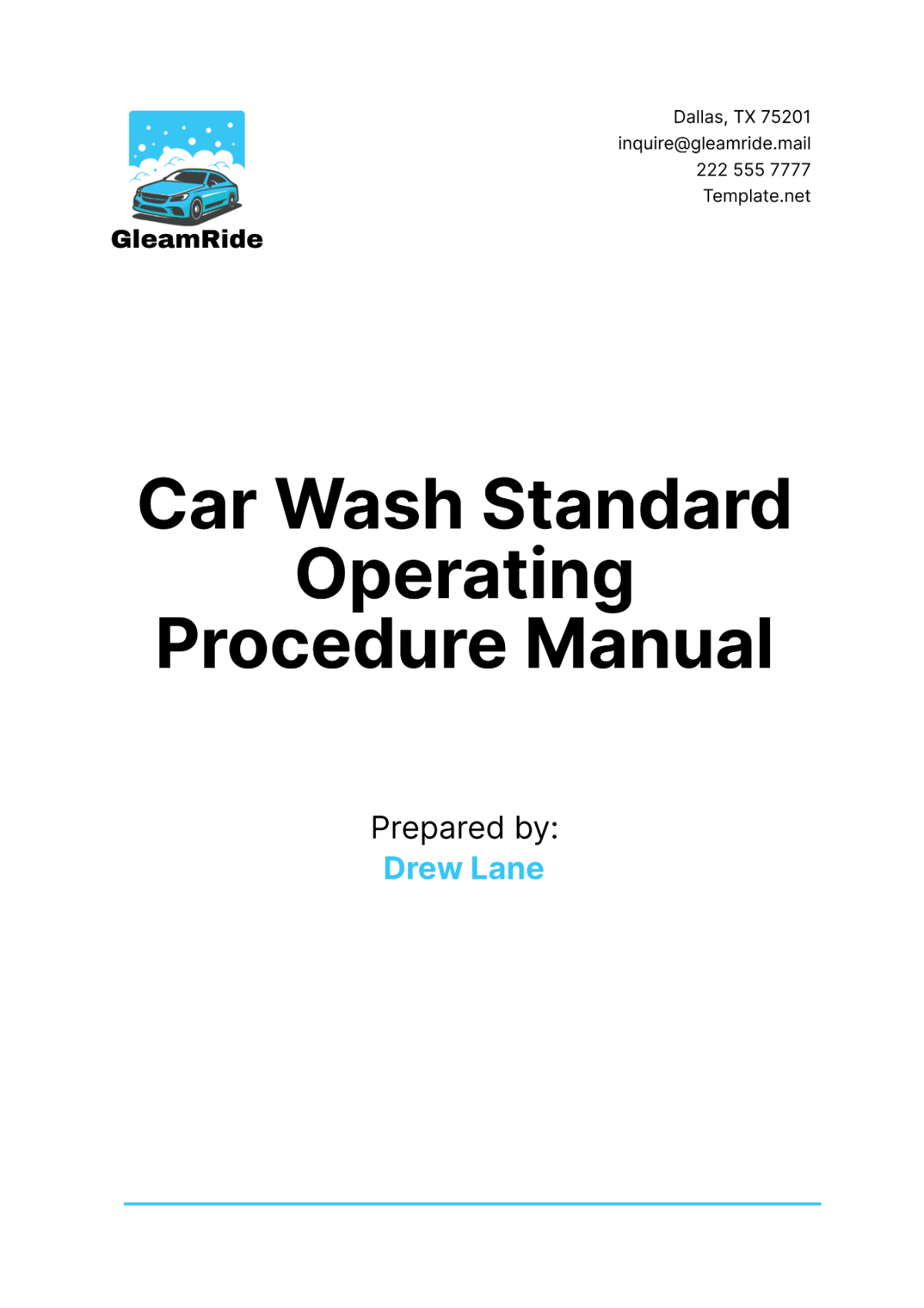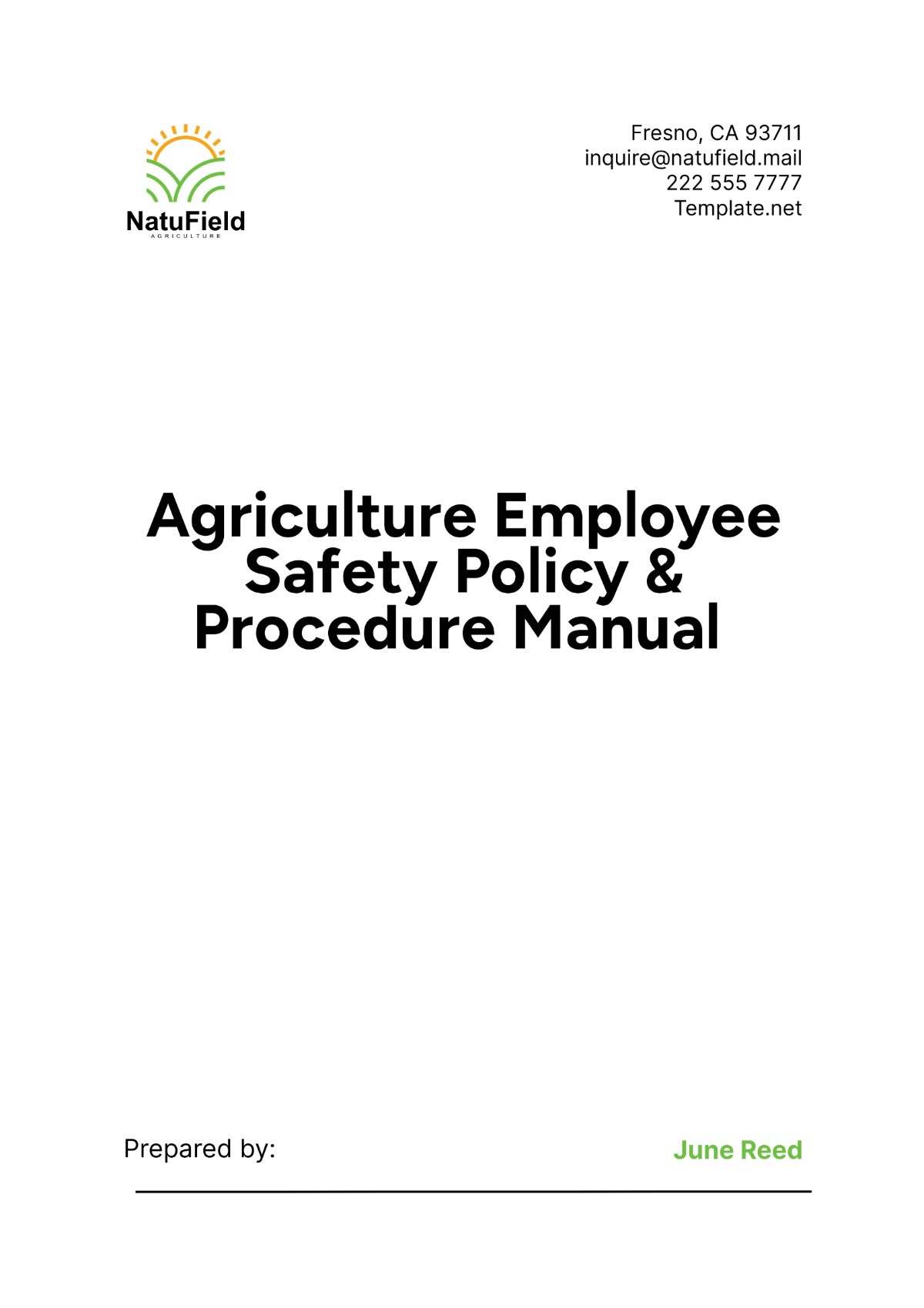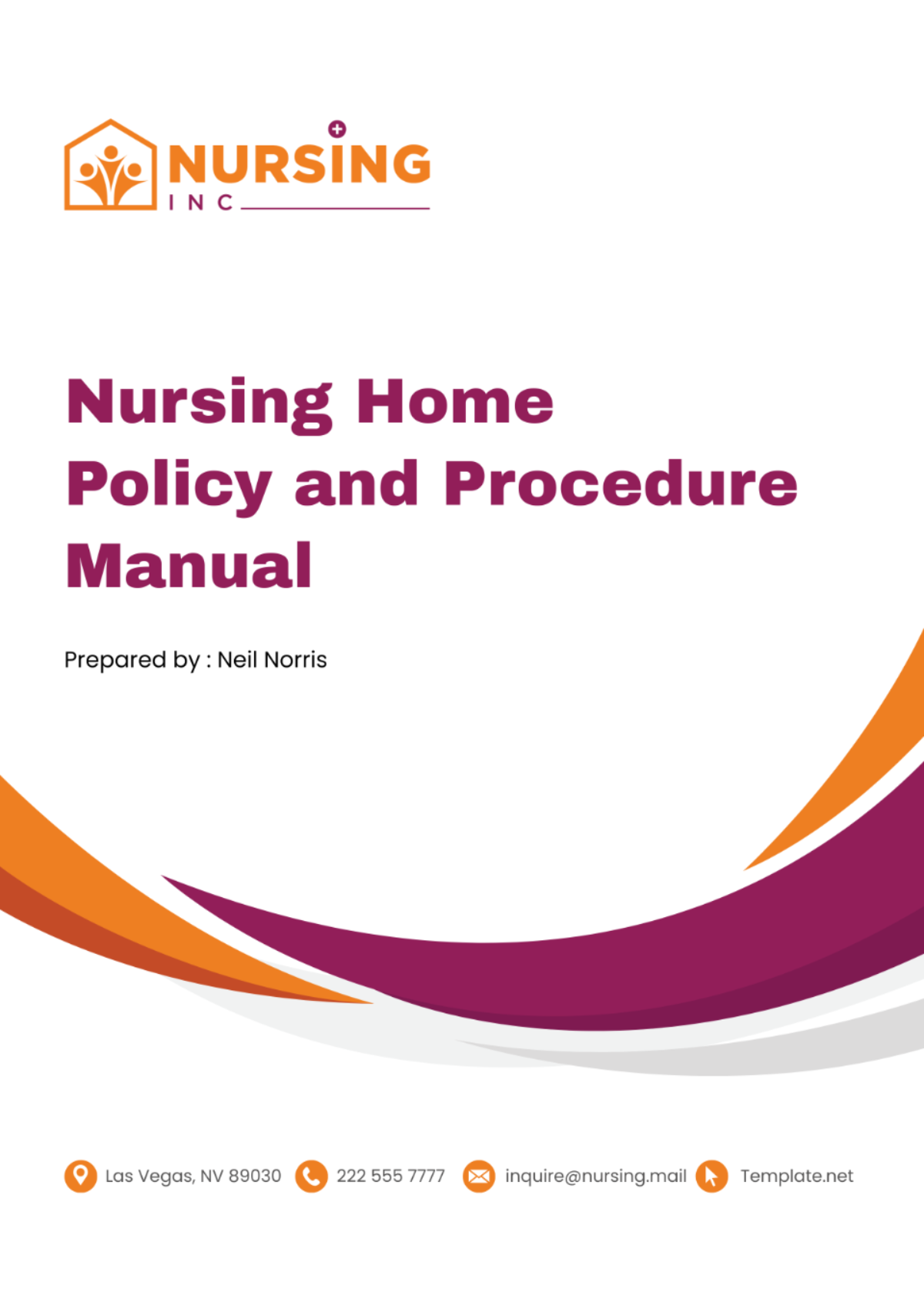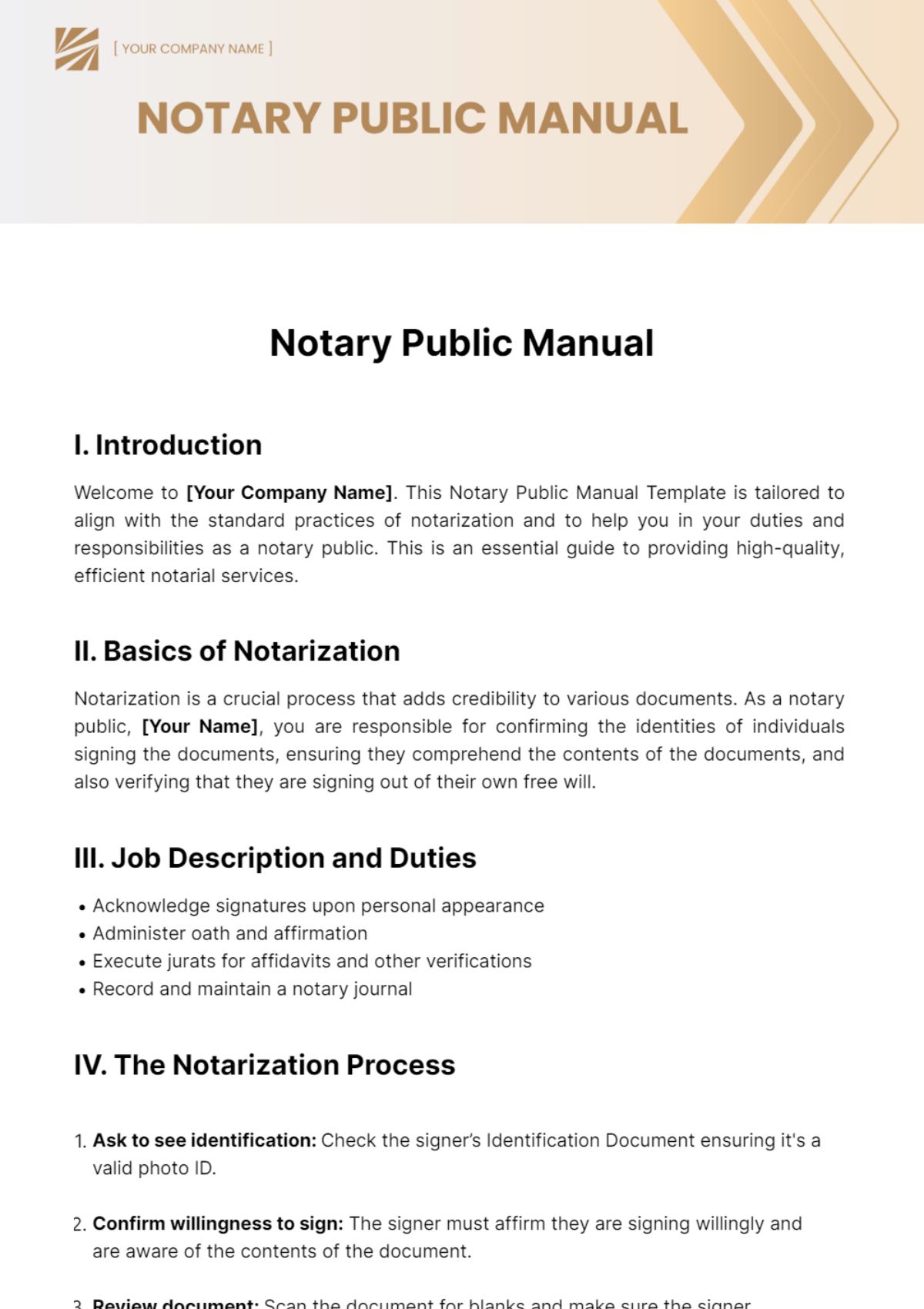Conflict Resolution & Mediation Manual
I. Introduction
In today's fast-paced corporate landscape, organizations such as [Your Company Name] recognize the paramount importance of fostering a harmonious workplace environment. The ability to address and resolve conflicts effectively is not merely a desirable trait; it is an absolute necessity for sustainable growth and employee well-being. This manual stands as a beacon, guiding our valued employees and HR personnel through the intricacies of conflict resolution and mediation.
A. The Imperative of Conflict Resolution
Before delving into the specifics of mediation, let us establish the criticality of conflict resolution within our organizational fabric. In a recent survey conducted by [Industry Research Institute], it was revealed that 85% of employees identified workplace conflicts as a substantial source of stress, leading to decreased productivity and diminished job satisfaction. These statistics underscore the urgency of addressing conflicts promptly and effectively.
Moreover, a comprehensive study by [Resolution Analytics], analyzing data from over 500 organizations, unveiled a striking correlation between efficient conflict resolution mechanisms and increased collaboration. Companies that embraced conflict resolution strategies experienced a remarkable 25% boost in cross-functional teamwork, which directly translated into higher innovation rates and superior overall performance.
B. Our Commitment to a Harmonious Workplace
At [Your Company Name], we take these findings to heart. We recognize that conflict resolution is not merely a matter of resolving disputes but a fundamental facet of our commitment to employee well-being and our enduring pursuit of collaboration and innovation.
In the subsequent parts of this manual, we will explore the principles of conflict resolution, delve into the art of mediation, and equip you with the tools necessary to navigate even the most challenging workplace disputes. We are confident that by mastering these techniques, you will contribute not only to your personal growth but also to the continued success of our organization.
Let us embark on this journey together, as we strive to create a workplace where conflicts are opportunities for growth and collaboration, rather than stumbling blocks in our pursuit of excellence.
II. Conflict Resolution Procedures
Effective conflict resolution is a cornerstone of a harmonious workplace, and understanding the procedures involved is key to fostering a culture of collaboration and well-being. Now, we will delve into the steps and protocols for addressing and resolving conflicts within [Your Company Name]. By the end of this discussion, you will have a clear understanding of how to navigate these procedures with professionalism and efficiency.
A. Identifying and Reporting Conflicts
Conflict resolution begins with awareness. Recognizing and reporting conflicts is the initial and crucial step in the resolution process. At [Your Company Name], we encourage all employees to proactively address issues whenever possible, primarily through open and respectful communication with colleagues. This approach empowers individuals to take ownership of their concerns, promoting a culture of mutual respect and accountability.
B. HR's Role in Conflict Resolution
While employees are encouraged to address conflicts directly, it's essential to understand that HR is here to support you throughout the resolution journey. HR serves as a valuable resource, particularly when conflicts persist or escalate beyond informal discussions. In such cases, HR may intervene to help facilitate resolution, drawing upon their expertise in conflict management and resolution strategies.
C. Steps in the Conflict Resolution Process
|
The first step in the conflict resolution process is informal resolution through employee discussions. Encouraging employees to engage in open and respectful dialogues with the involved parties is the preferred approach. HR can provide guidance on effective communication techniques and conflict management strategies, ensuring that these discussions are constructive and conducive to resolution. |
|
When informal resolution attempts fall short, HR may step in to facilitate a more structured and formal conflict resolution process. During this stage, HR will gather information, conduct interviews with the involved parties, and document the conflict's specifics. This thorough examination allows HR to explore potential solutions that align with [Your Company Name]'s values and objectives. |
|
In cases where conflicts persist or escalate despite HR's intervention, mediation may be recommended. Mediation is a voluntary and confidential process where a neutral third party, known as the mediator, assists in finding a mutually agreeable solution. Mediation can be a valuable tool for resolving complex disputes while preserving the privacy and dignity of all parties involved. |
|
Throughout the entire conflict resolution process, confidentiality is of paramount importance. HR will maintain strict confidentiality concerning the details of the conflict and any mediation sessions. This commitment to privacy ensures that employees can trust in the resolution process and participate openly. Additionally, documentation of discussions and resolutions is essential for record-keeping and future reference, aiding in tracking progress and identifying recurring issues. |
By understanding and following these conflict resolution procedures, you are contributing to the creation of a workplace where conflicts are opportunities for growth and improvement, and where collaboration and well-being thrive.
III. Mediation Guidelines
Mediation stands as a pivotal tool in the arsenal of conflict resolution strategies at [Your Company Name]. Here, we will explore the core concepts and procedures associated with mediation, providing you with a comprehensive understanding of this collaborative process and its benefits. By the end of this discussion, you will be well-equipped to engage in mediation effectively, contributing to the swift resolution of workplace conflicts.
A. The Concept and Benefits of Mediation
Mediation is a dynamic and collaborative process wherein parties involved in a conflict work together to find a mutually acceptable resolution. Its distinct advantages make it a valuable tool in resolving workplace disputes. These benefits include:
Benefits | Details |
Confidentiality | Mediation ensures that sensitive matters remain private, fostering an environment of trust and openness among employees. This confidentiality allows participants to speak freely, unburdened by concerns about repercussions. |
B. Selection of a Neutral Mediator
In the pursuit of fair and impartial mediation, HR plays a pivotal role in selecting a trained mediator. These mediators are chosen for their impartiality and extensive experience in workplace conflict resolution. Their role is not to impose solutions but to facilitate open and constructive dialogue between conflicting parties, helping them arrive at mutually agreeable resolutions.
C. Preparing for Mediation Meetings
Effective mediation hinges on thorough preparation. Prior to mediation sessions, HR and the involved parties will engage in preparatory steps, including:
Identifying Issues: Defining the specific issues at the heart of the conflict is essential. This clarity ensures that mediation addresses the root causes and not just the surface symptoms.
Exploring Interests: Identifying the interests, needs, and concerns of all parties involved is crucial. Understanding these underlying motivations allows for the crafting of solutions that genuinely address the needs of everyone.
Setting Desired Outcomes: Clarifying the desired outcomes of the mediation process helps guide discussions toward achievable goals. This step ensures that the parties have a clear vision of what success looks like.
This meticulous preparation ensures that mediation sessions are efficient and productive, maximizing the chances of successful resolution.
D. Conducting the Mediation Session
Mediation sessions are conducted in a private, neutral setting, fostering an environment where parties can express themselves openly and honestly. The mediator's role is to:
Facilitate Open Dialogue: The mediator encourages all parties to express their viewpoints and concerns without interruption, ensuring that each perspective is heard and understood.
Encourage Active Listening: Active listening is vital to the mediation process. The mediator guides participants in listening to each other actively, promoting empathy and understanding.
Guide Toward Resolution: The mediator facilitates discussions aimed at finding common ground and mutually satisfactory solutions. They do not impose decisions but guide the parties toward agreement.
E. Agreement and Follow-Up
If an agreement is reached during mediation, HR will assist in documenting the terms to ensure clarity and commitment. Follow-up may be necessary to monitor the implementation of the agreement and address any potential issues that may arise. This post-mediation support ensures that both parties uphold the agreement and maintain a respectful working relationship, fostering a workplace culture of cooperation and harmony.
By embracing these mediation guidelines, you are contributing to a workplace where conflicts are not obstacles but opportunities for growth and collaboration.
IV. Training and Awareness
In the dynamic landscape of modern workplaces, conflict resolution and mediation skills are not just valuable assets; they are indispensable tools for fostering a harmonious and productive environment. Now, we will explore the significance of training and awareness programs within [Your Company Name] and how they play a pivotal role in equipping employees and managers with the skills necessary to navigate conflicts effectively. By the end of this discussion, you will understand how our commitment to training and awareness underpins a culture of open communication and constructive conflict resolution.
A. Importance of Conflict Resolution and Mediation Training
Regular training programs are the foundation upon which a culture of conflict resolution and mediation is built. These programs serve a dual purpose: they equip individuals with the skills needed to manage conflicts constructively, and they raise awareness about mediation as a powerful and viable method for resolving disputes.
B. Employee and Manager Training Programs
[Your Company Name] is dedicated to empowering its employees and managers through comprehensive training sessions. These sessions cover three critical areas:
Communication Skills: Effective communication is the linchpin of conflict resolution. Training in this area equips individuals with the tools to express themselves clearly, actively listen, and engage in open, respectful dialogues.
Conflict Management: Conflict is a natural part of workplace interactions. Training in conflict management empowers employees to recognize, address, and de-escalate conflicts, turning potentially adversarial situations into opportunities for growth and understanding.
Mediation Awareness: Mediation is often an underutilized resource. Training in mediation awareness familiarizes individuals with the process, benefits, and outcomes of mediation, encouraging its consideration as a first-line approach to resolving conflicts.
These programs are designed not only to enhance personal skills but also to promote a workplace environment where conflict resolution is seen as a shared responsibility.
C. Raising Awareness of Conflict Resolution Resources
Effective training is complemented by HR's role in raising awareness of the conflict resolution resources available within [Your Company Name]. This involves:
Communicating HR's Role: Employees should be aware of HR's supportive role in conflict resolution. Knowing that HR is available as a resource encourages individuals to seek assistance when needed.
Highlighting Mediation Services: Mediation should not be a hidden gem but a well-known option. HR plays a crucial role in communicating the availability and benefits of mediation as a confidential and effective means of resolving conflicts.
Promoting Training Opportunities: HR ensures that employees are informed about training opportunities. This proactive approach encourages participation and investment in personal and professional development.
D. Promoting a Culture of Open Communication
At the core of [Your Company Name]'s approach to conflict resolution is the promotion of a culture characterized by open communication, constructive feedback, and respectful interactions. This culture is underpinned by our commitment to employee well-being and our recognition that fostering an environment where concerns can be expressed openly is paramount.
By encouraging open dialogue, we create an atmosphere where conflicts are less likely to escalate and are more likely to be addressed proactively and constructively. This culture not only minimizes the negative impacts of conflicts but also enhances collaboration, innovation, and overall workplace satisfaction.
E. Conflict Severity Matrix
The table below showcases the conflict severity matrix:
Conflict Severity | Resolution Approach |
Low | Informal Resolution |
Moderate | |
High |
In the following, we will delve deeper into the specifics of our training programs and provide insights into how you can actively contribute to promoting open communication and effective conflict resolution within [Your Company Name].
V. Resources and Contacts
In the pursuit of effective conflict resolution and mediation, access to the right resources and contacts is essential. Here, we will outline the avenues available to you at [Your Company Name] for addressing conflicts, seeking mediation, and obtaining guidance. By the end of this discussion, you will have a clear understanding of the support network in place to assist you in navigating and resolving workplace conflicts.
A. HR Contact Details
Our Human Resources department serves as the first point of contact for all conflict resolution and mediation inquiries. At [Your Company Name], we are committed to providing timely and professional assistance to address your needs. For direct and immediate assistance, please reach out to HR at [HR Contact Information].
Whether you have questions, require guidance, or need to initiate the conflict resolution process, HR is here to support you every step of the way. Your concerns will be handled with the utmost confidentiality and professionalism.
B. External Mediation Services
While internal mediation is our primary approach, there may be instances where external mediation services are recommended. External mediation services involve engaging a neutral mediator from outside the organization to facilitate resolution when internal mediation is not suitable or when parties prefer an external perspective.
C. Guidance on Seeking External Mediation
HR at [Your Company Name] is well-equipped to guide you through the process of determining when external mediation services may be necessary. The decision to seek external mediation is made with careful consideration of the unique circumstances of each conflict. HR will provide information on reputable external mediators and assist in making the necessary arrangements, ensuring that the mediation process remains as smooth and effective as possible.
D. Frequently Asked Questions (FAQs)
To provide clarity and guidance to employees and managers, this part of the manual addresses common questions and concerns related to conflict resolution and mediation. We recognize that navigating conflicts can be complex, and these FAQs aim to provide concise and accessible information to assist you in understanding the processes and options available.
Some of the questions and topics covered includes:
What is mediation, and how does it work?
When should I consider mediation as a resolution method?
What are the benefits of using internal mediation services?
How can I request mediation through HR?
What are the differences between internal and external mediation?
How is confidentiality maintained throughout the mediation process?
What happens if an agreement is not reached during mediation?
How can I access conflict resolution and mediation training?
These FAQs are designed to be a quick reference for common queries, ensuring that employees and managers have easy access to the information they need to make informed decisions regarding conflict resolution and mediation.
